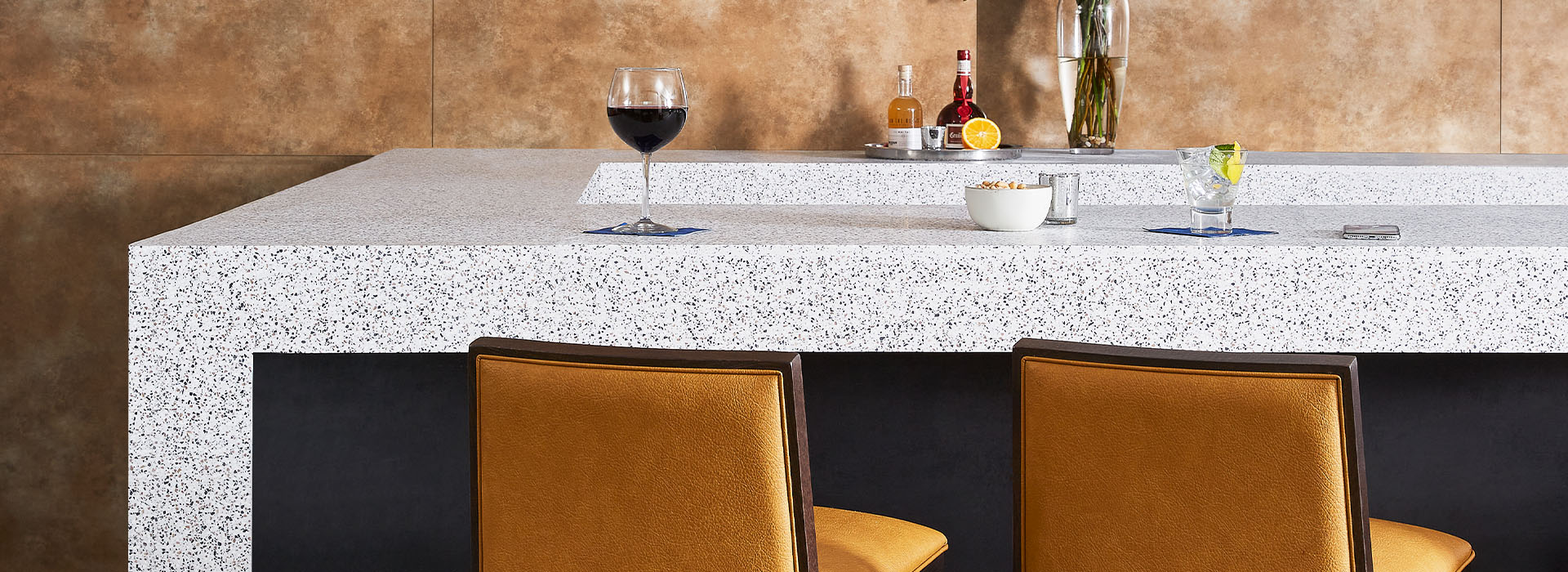Stainless steel is a popular choice for kitchen sinks due to its durability and resistance to stains and scratches. It is also easy to clean and maintain, making it a practical option for busy kitchens. Stainless steel sinks are made from a combination of steel, chromium, and nickel, which gives them their strength and corrosion-resistant properties. They are also available in a variety of finishes, including brushed, polished, and matte. One of the main advantages of stainless steel sinks is their affordability, making them a budget-friendly option for homeowners. They are also versatile and can easily fit into any kitchen design, whether modern or traditional. However, they can be prone to water spots and can be noisy when dishes and utensils are being washed.Stainless Steel
Cast iron sinks are known for their durability and classic look, making them a popular choice for traditional and farmhouse-style kitchens. They are made from a combination of iron, recycled metal, and porcelain enamel, giving them their heavy and solid feel. The enamel coating also makes them resistant to scratches and stains. One of the main drawbacks of cast iron sinks is their weight, which can make installation and maintenance challenging. They are also prone to chipping and cracking if heavy objects are dropped on them. However, with proper care and maintenance, cast iron sinks can last for decades, making them a long-term investment for your kitchen.Cast Iron
Fireclay sinks are made from a combination of clay and glaze, which is then fired at high temperatures to create a durable and non-porous finish. They are known for their glossy white finish, making them a popular choice for farmhouse-style kitchens. They are also resistant to scratches, chips, and stains, making them a practical option for busy kitchens. One of the main advantages of fireclay sinks is their aesthetic appeal and versatility. They can easily blend in with various kitchen styles, from traditional to modern. However, they can be expensive and may require additional support during installation due to their weight.Fireclay
Composite granite sinks are made from a combination of granite stone dust and acrylic resin, making them durable and resistant to scratches, stains, and heat. They are also available in a variety of colors and finishes, making them a popular choice for modern kitchens. One of the main advantages of composite granite sinks is their heat resistance, making them suitable for hot pots and pans. They are also relatively easy to maintain and can be cleaned with mild soap and water. However, they can be heavy and may require additional support during installation.Composite Granite
Copper sinks are a unique and luxurious option for kitchen sinks. They are known for their beautiful patina finish, which develops over time and gives them a one-of-a-kind look. They are also naturally antimicrobial, making them a hygienic choice for the kitchen. One of the main advantages of copper sinks is their ability to add warmth and character to any kitchen. They are also durable and can last for decades with proper care. However, they can be expensive and require regular maintenance to prevent tarnishing.Copper
Porcelain sinks are a classic and timeless choice for kitchen sinks. They are made from a combination of clay and glaze, which is then fired at high temperatures to create a durable and non-porous finish. They are also available in a variety of colors and patterns, making them a popular choice for traditional and vintage-style kitchens. One of the main advantages of porcelain sinks is their aesthetic appeal and versatility. They can easily blend in with various kitchen styles, from traditional to modern. However, they can be prone to chipping and cracking if heavy objects are dropped on them.Porcelain
Acrylic sinks are a budget-friendly option for those looking for a lightweight and easy-to-install sink. They are made from acrylic resin and are available in a variety of colors and finishes. They are also resistant to stains and scratches, making them a practical option for everyday use. One of the main advantages of acrylic sinks is their affordability and ease of installation. They are also relatively low maintenance and can be cleaned with mild soap and water. However, they can be prone to scratches and may not be as durable as other sink materials.Acrylic
Marble sinks are a luxurious and elegant choice for kitchen sinks. They are made from natural stone and are known for their unique veining and patterns. They are also heat-resistant and can withstand high temperatures, making them a practical option for busy kitchens. One of the main advantages of marble sinks is their aesthetic appeal and ability to add a touch of luxury to any kitchen. They are also durable and can last for decades with proper care. However, they can be expensive and may require additional support during installation due to their weight.Marble
Quartz sinks are made from a combination of natural quartz stone and acrylic resin, making them durable and non-porous. They are also available in a variety of colors and finishes, making them a versatile option for modern kitchens. They are also resistant to scratches, stains, and heat, making them a practical choice for everyday use. One of the main advantages of quartz sinks is their durability and low maintenance. They are also non-porous, making them hygienic and easy to clean. However, they can be expensive and may require additional support during installation.Quartz
Solid surface sinks are made from a combination of acrylic resin and natural minerals, giving them a smooth and seamless finish. They are also available in a variety of colors and patterns, making them a popular choice for modern kitchens. They are also resistant to stains and scratches, making them a practical option for everyday use. One of the main advantages of solid surface sinks is their seamless and customizable design. They can also be easily repaired if damaged. However, they can be expensive and may require professional installation.Solid Surface
The Importance of Choosing the Right Kitchen Sink Material
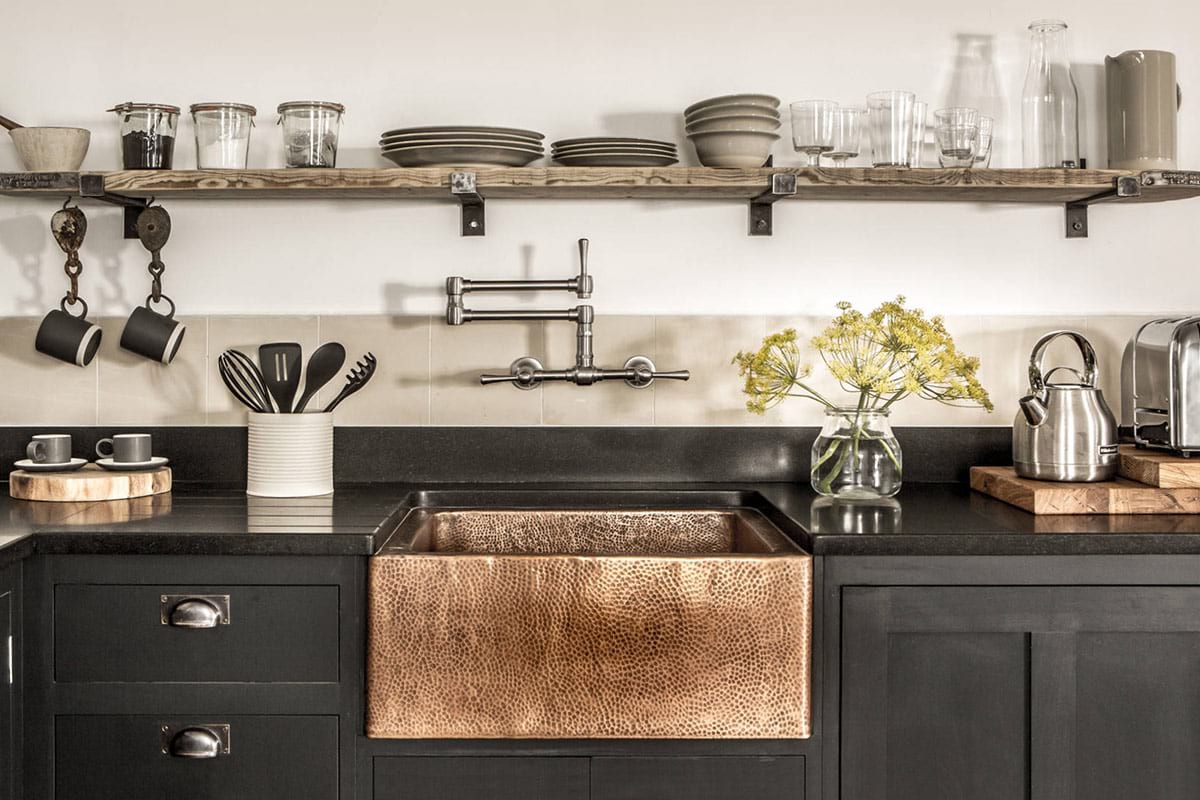
Factors to Consider
 When it comes to designing a house, one of the most important areas to pay attention to is the kitchen. It is the heart of the home and a well-designed kitchen not only adds value to the house but also enhances the overall experience of cooking and dining. When planning a kitchen, one of the key elements to consider is the material of the kitchen sink. The sink is not only a functional aspect but also a visual one, making it crucial to choose the right material that is both practical and aesthetically pleasing. Here are some factors to consider when comparing different kitchen sink materials.
When it comes to designing a house, one of the most important areas to pay attention to is the kitchen. It is the heart of the home and a well-designed kitchen not only adds value to the house but also enhances the overall experience of cooking and dining. When planning a kitchen, one of the key elements to consider is the material of the kitchen sink. The sink is not only a functional aspect but also a visual one, making it crucial to choose the right material that is both practical and aesthetically pleasing. Here are some factors to consider when comparing different kitchen sink materials.
Durability and Maintenance
 Stainless steel
is a popular choice for kitchen sinks due to its durability and low maintenance. It is resistant to scratches, stains, and heat, making it ideal for a busy kitchen.
Granite composite
sinks are also known for their durability, as they are made from a combination of granite and resin. They are non-porous and easy to clean, making them a great option for those who want a sink that is both durable and low maintenance. On the other hand,
porcelain
sinks are prone to scratches and chips, and require more frequent cleaning and maintenance.
Stainless steel
is a popular choice for kitchen sinks due to its durability and low maintenance. It is resistant to scratches, stains, and heat, making it ideal for a busy kitchen.
Granite composite
sinks are also known for their durability, as they are made from a combination of granite and resin. They are non-porous and easy to clean, making them a great option for those who want a sink that is both durable and low maintenance. On the other hand,
porcelain
sinks are prone to scratches and chips, and require more frequent cleaning and maintenance.
Style and Design
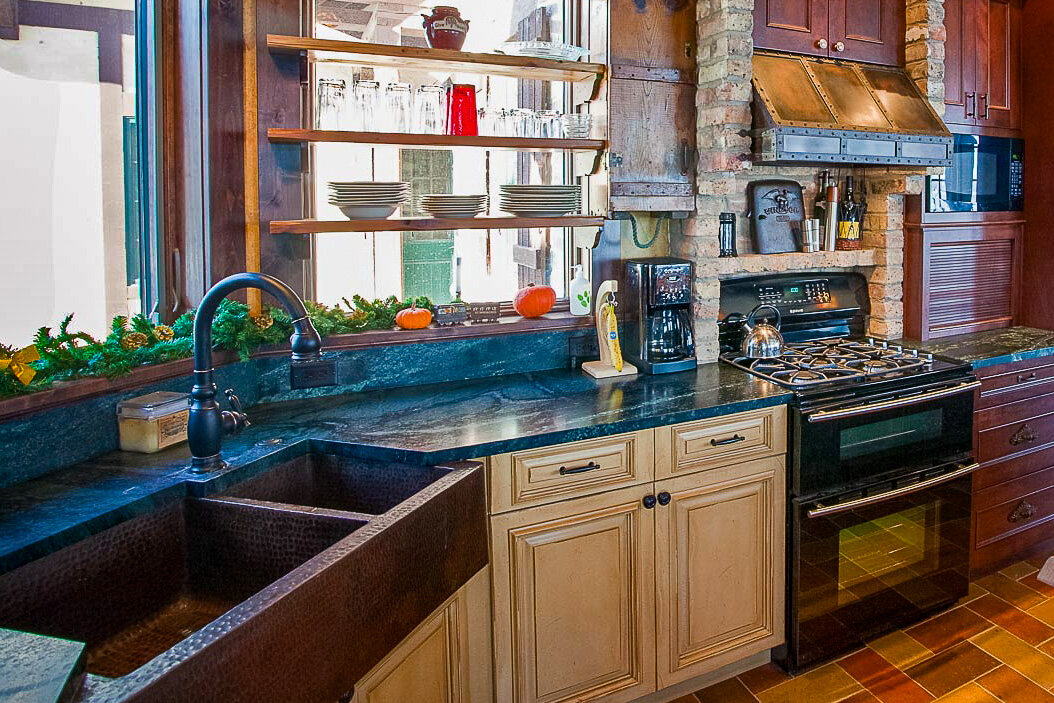 The material of the kitchen sink also plays a crucial role in the overall design and style of the kitchen. For a modern and sleek look,
stainless steel
sinks are a popular choice. They come in a variety of finishes and can easily blend in with different kitchen styles.
Granite composite
sinks offer a more unique and luxurious look, with a range of color options to choose from. For a classic and traditional look,
porcelain
sinks are a popular choice, with their elegant and timeless design.
The material of the kitchen sink also plays a crucial role in the overall design and style of the kitchen. For a modern and sleek look,
stainless steel
sinks are a popular choice. They come in a variety of finishes and can easily blend in with different kitchen styles.
Granite composite
sinks offer a more unique and luxurious look, with a range of color options to choose from. For a classic and traditional look,
porcelain
sinks are a popular choice, with their elegant and timeless design.
Cost
 When comparing kitchen sink materials, cost is also an important factor to consider.
Stainless steel
sinks are typically the most cost-effective option, making them a popular choice for budget-friendly kitchen renovations.
Granite composite
sinks are slightly more expensive, but their durability and aesthetic appeal make them a worthwhile investment.
Porcelain
sinks can be the most expensive option, depending on the design and brand, but they are also known for their longevity, making them a good investment in the long run.
In conclusion, choosing the right kitchen sink material is a crucial decision in the overall design and functionality of a kitchen. Consider factors such as durability, maintenance, style, and cost when comparing different materials, and choose one that best fits your needs and budget. With the right kitchen sink material, you can create a beautiful and functional space that you will enjoy for years to come.
When comparing kitchen sink materials, cost is also an important factor to consider.
Stainless steel
sinks are typically the most cost-effective option, making them a popular choice for budget-friendly kitchen renovations.
Granite composite
sinks are slightly more expensive, but their durability and aesthetic appeal make them a worthwhile investment.
Porcelain
sinks can be the most expensive option, depending on the design and brand, but they are also known for their longevity, making them a good investment in the long run.
In conclusion, choosing the right kitchen sink material is a crucial decision in the overall design and functionality of a kitchen. Consider factors such as durability, maintenance, style, and cost when comparing different materials, and choose one that best fits your needs and budget. With the right kitchen sink material, you can create a beautiful and functional space that you will enjoy for years to come.
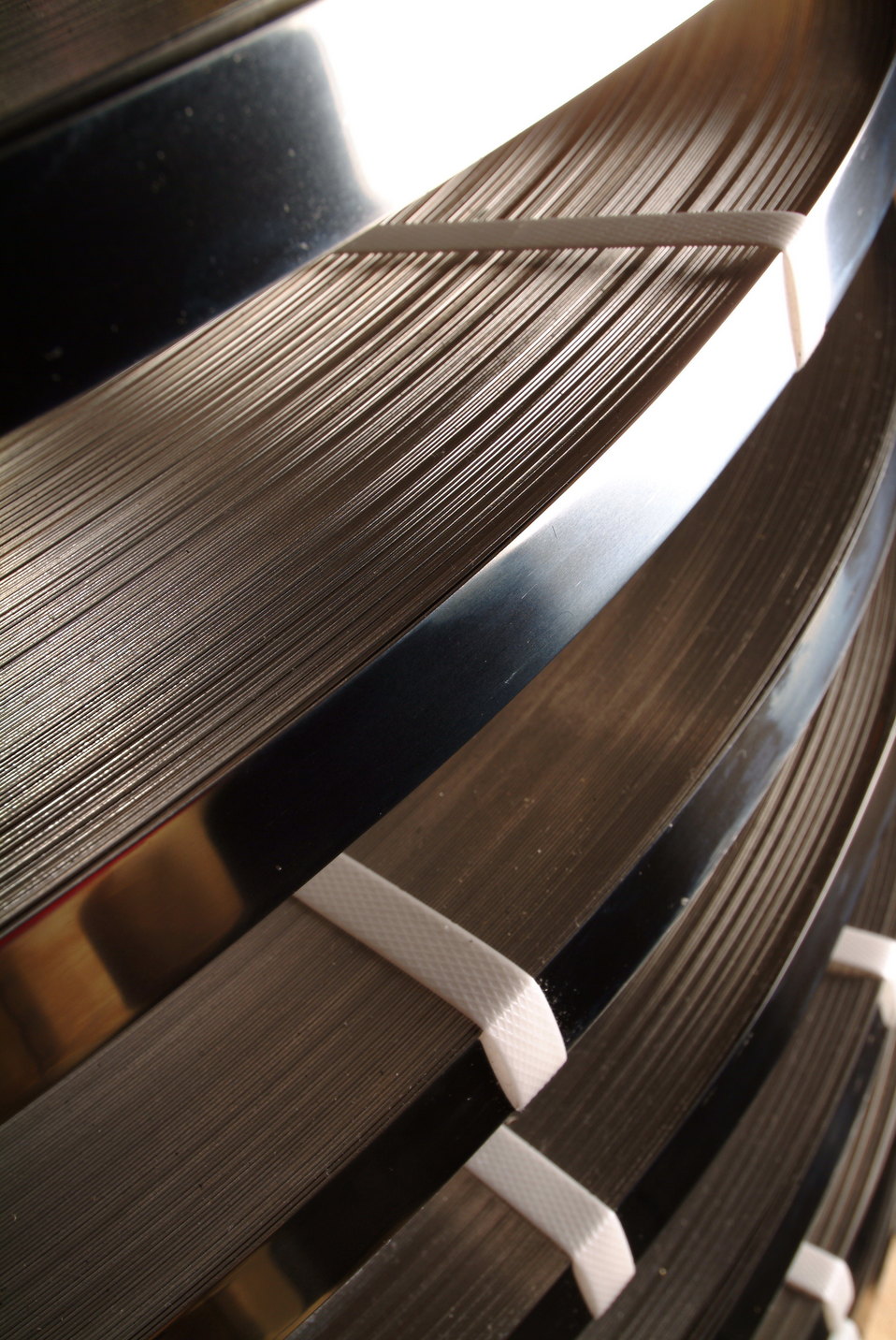


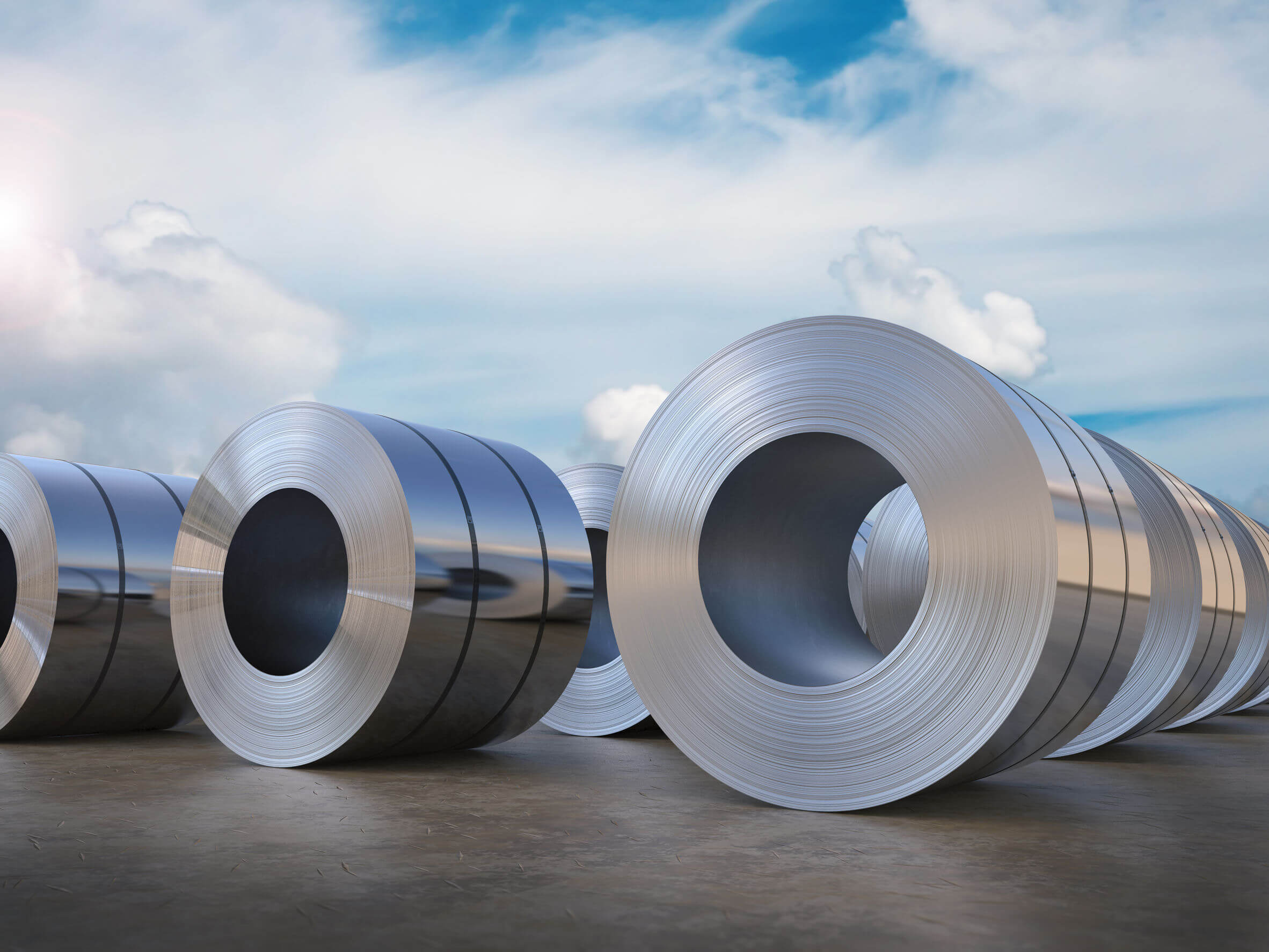
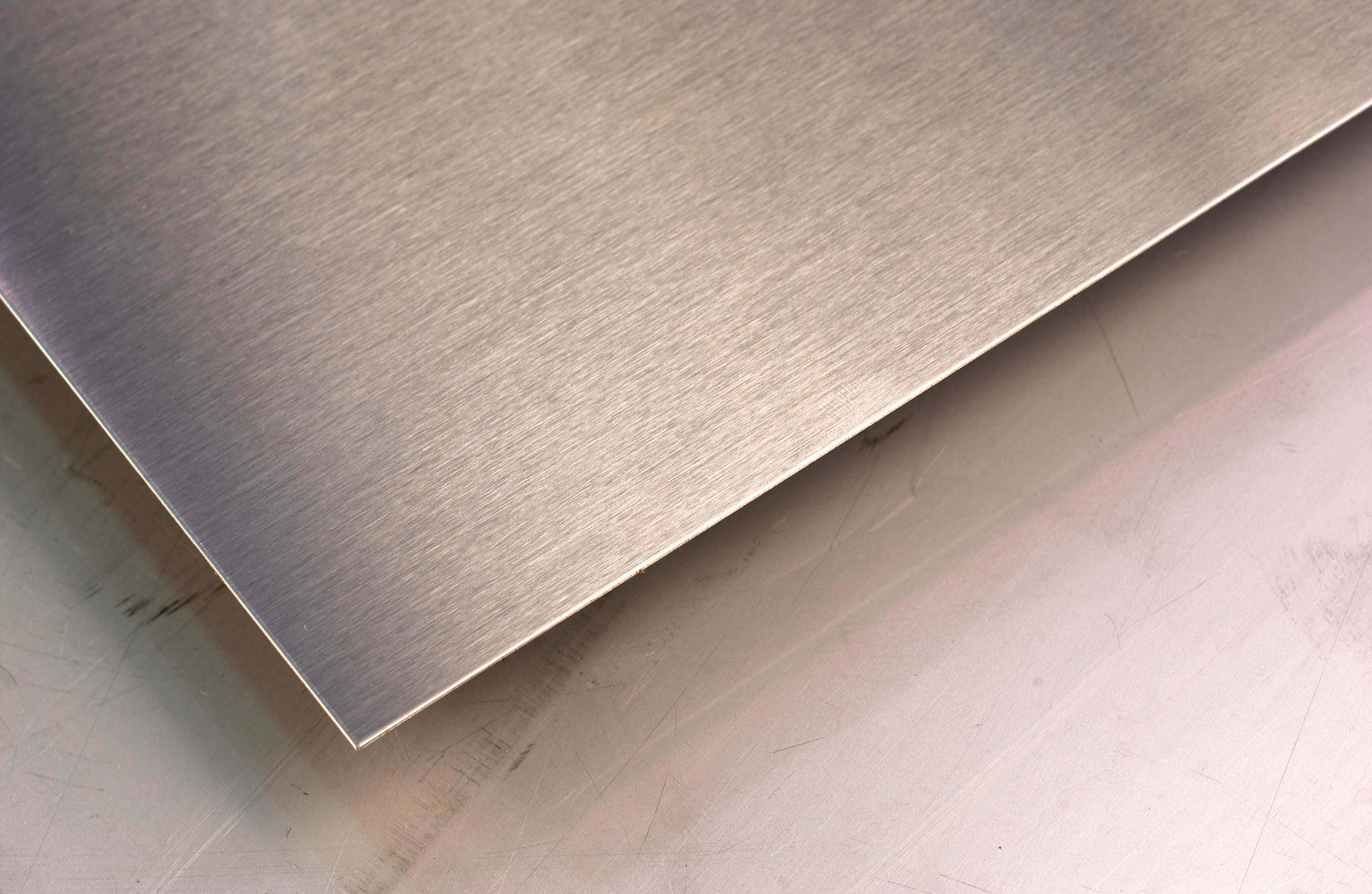
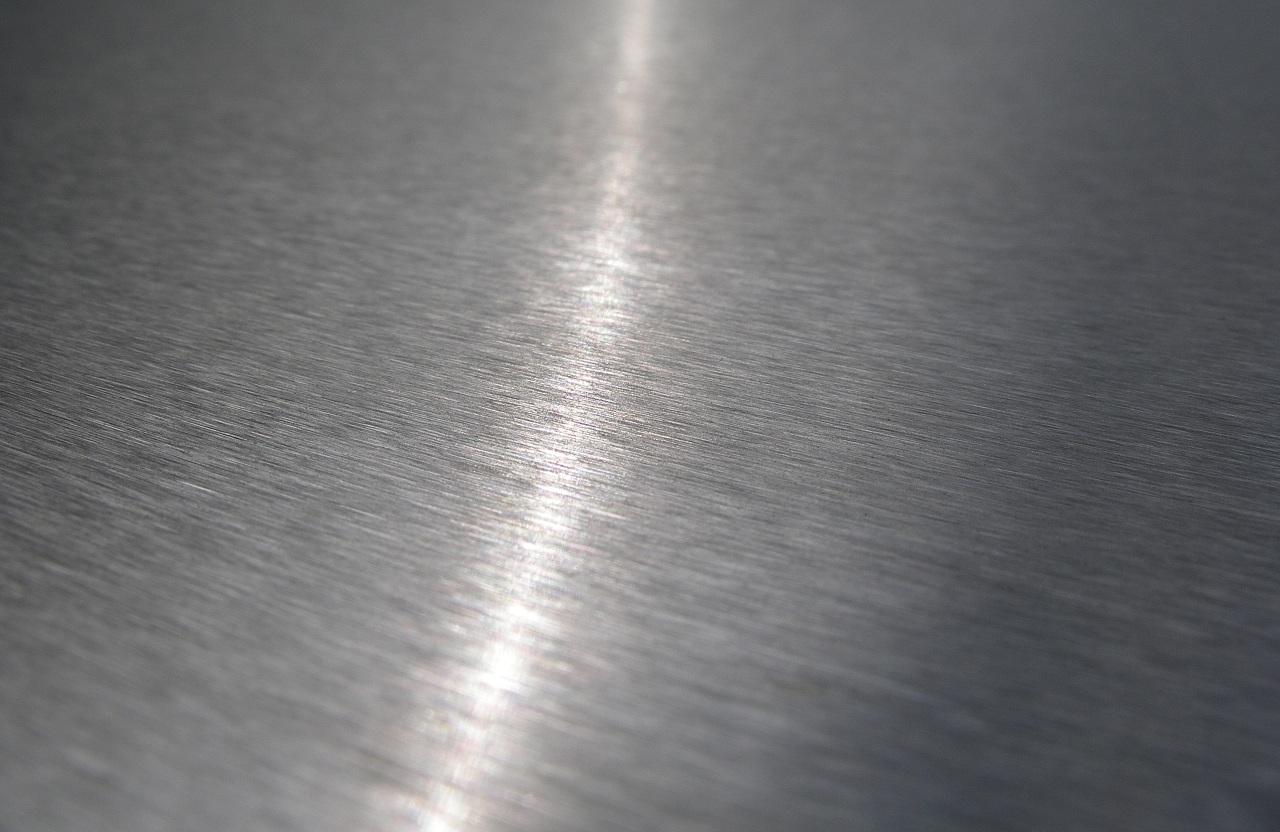






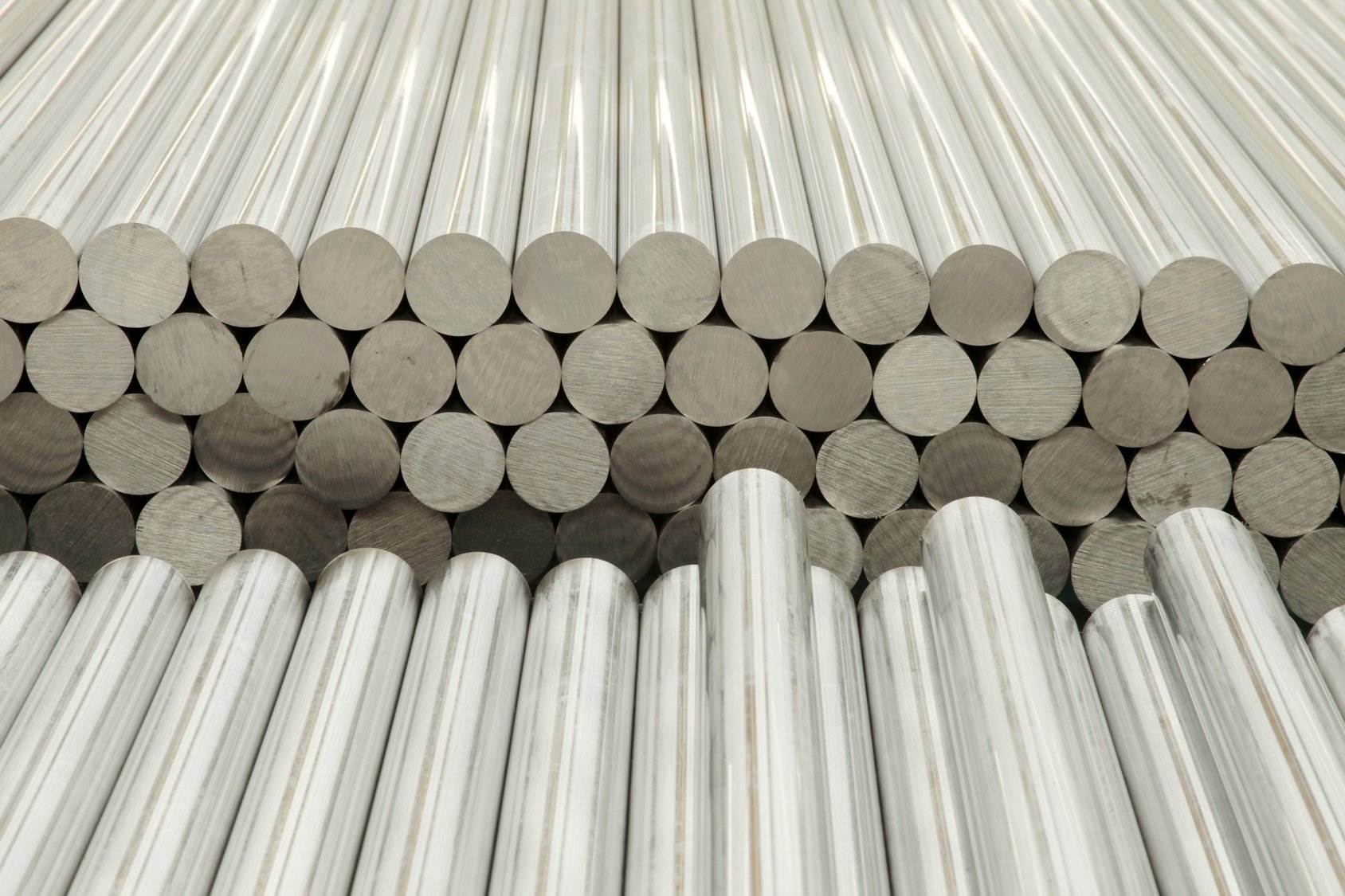
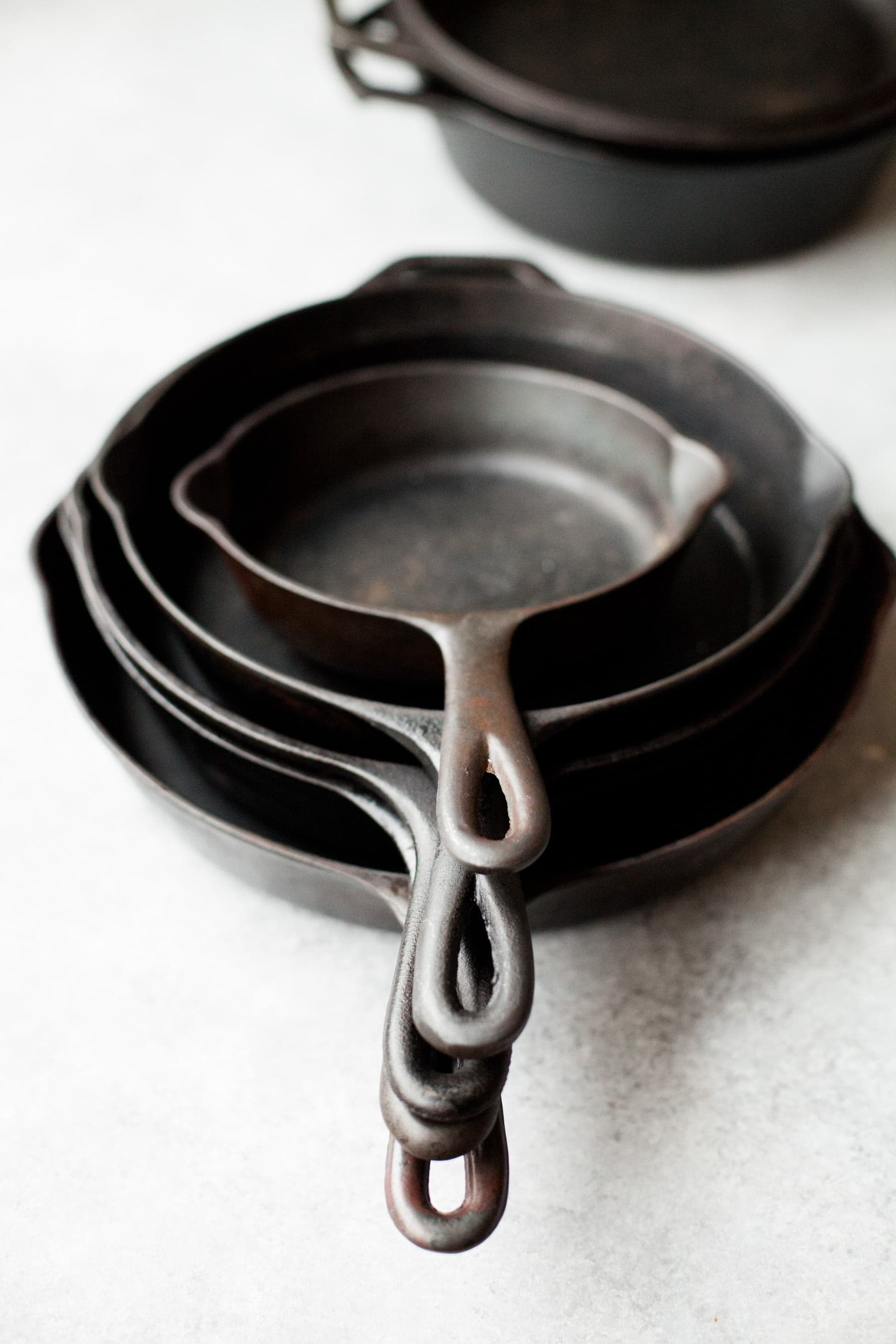
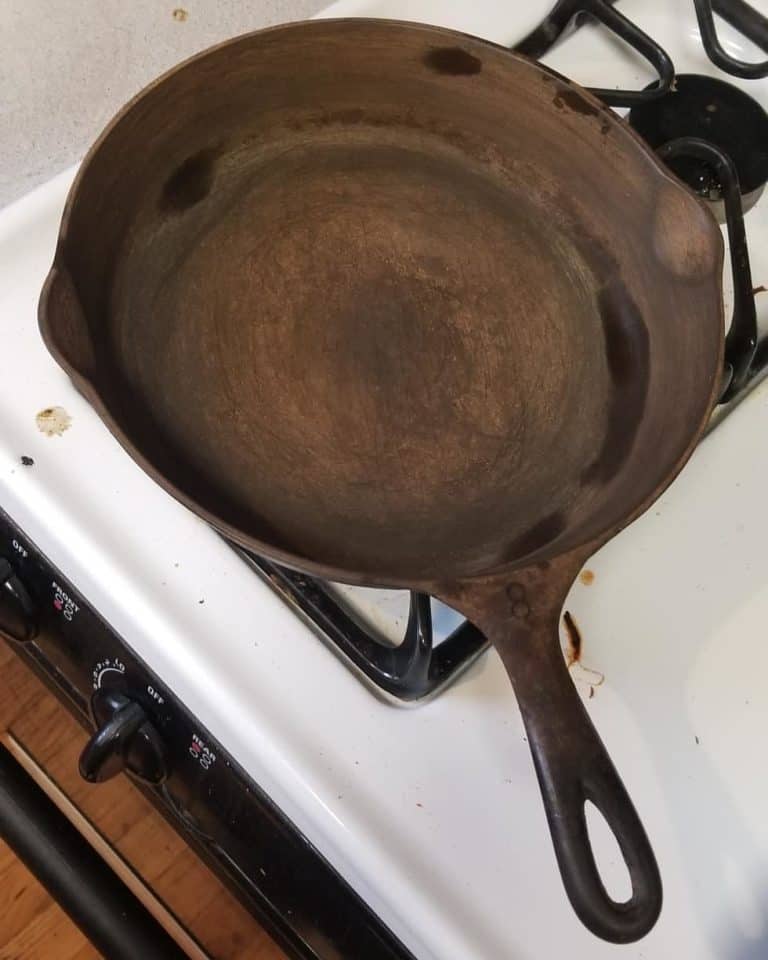



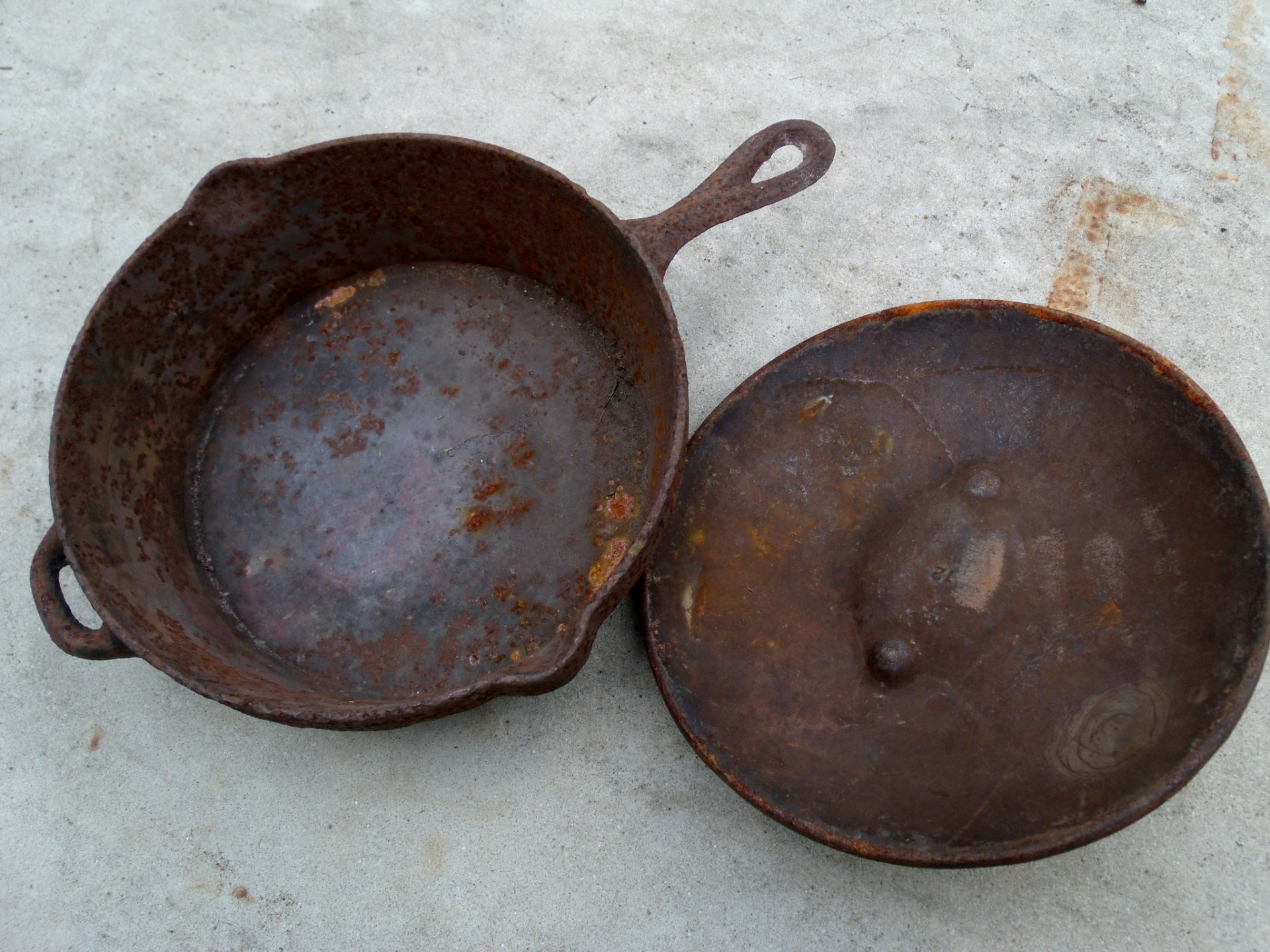



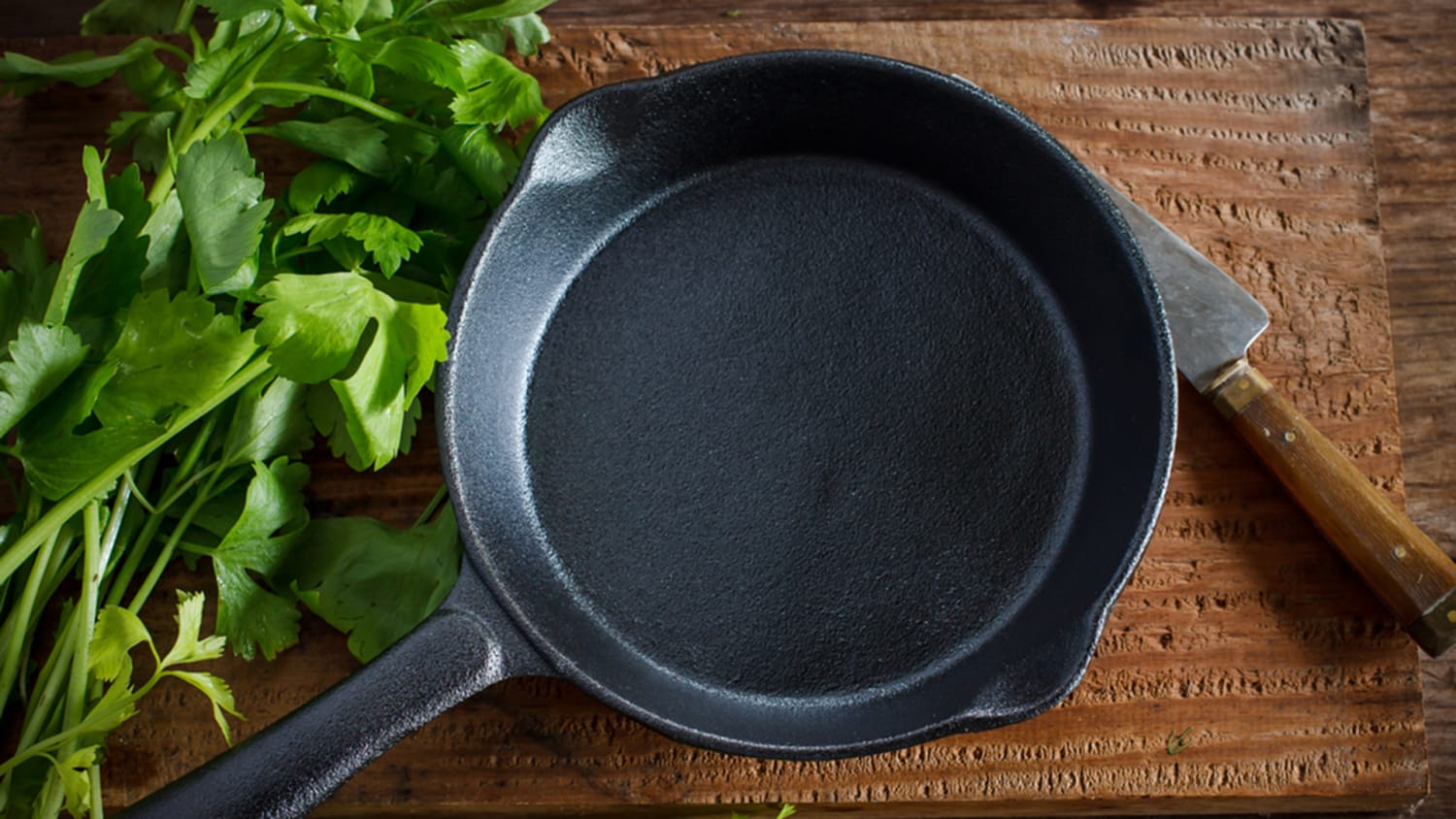





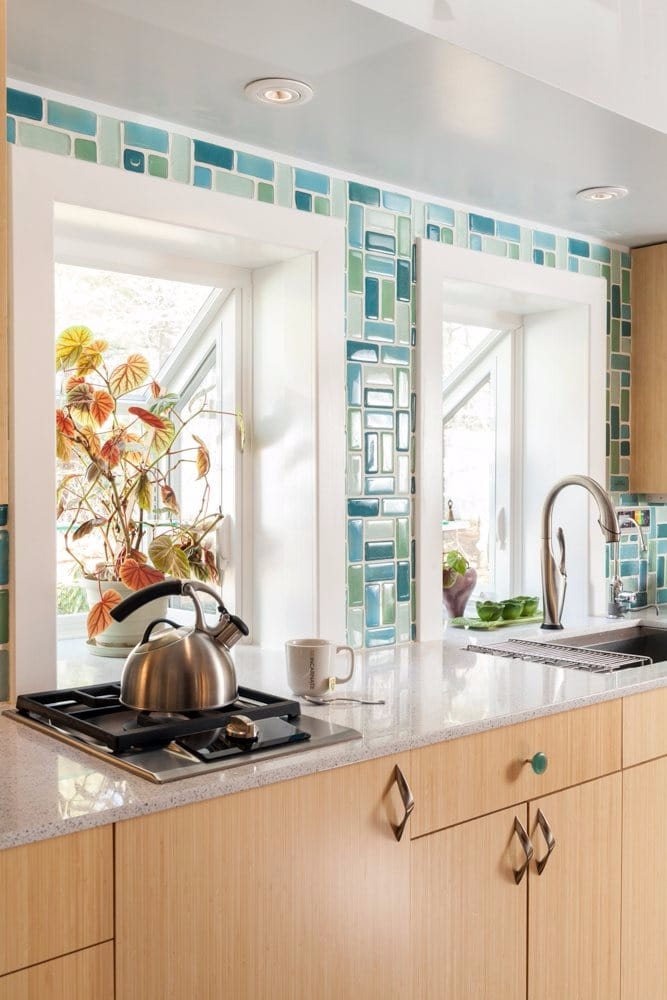
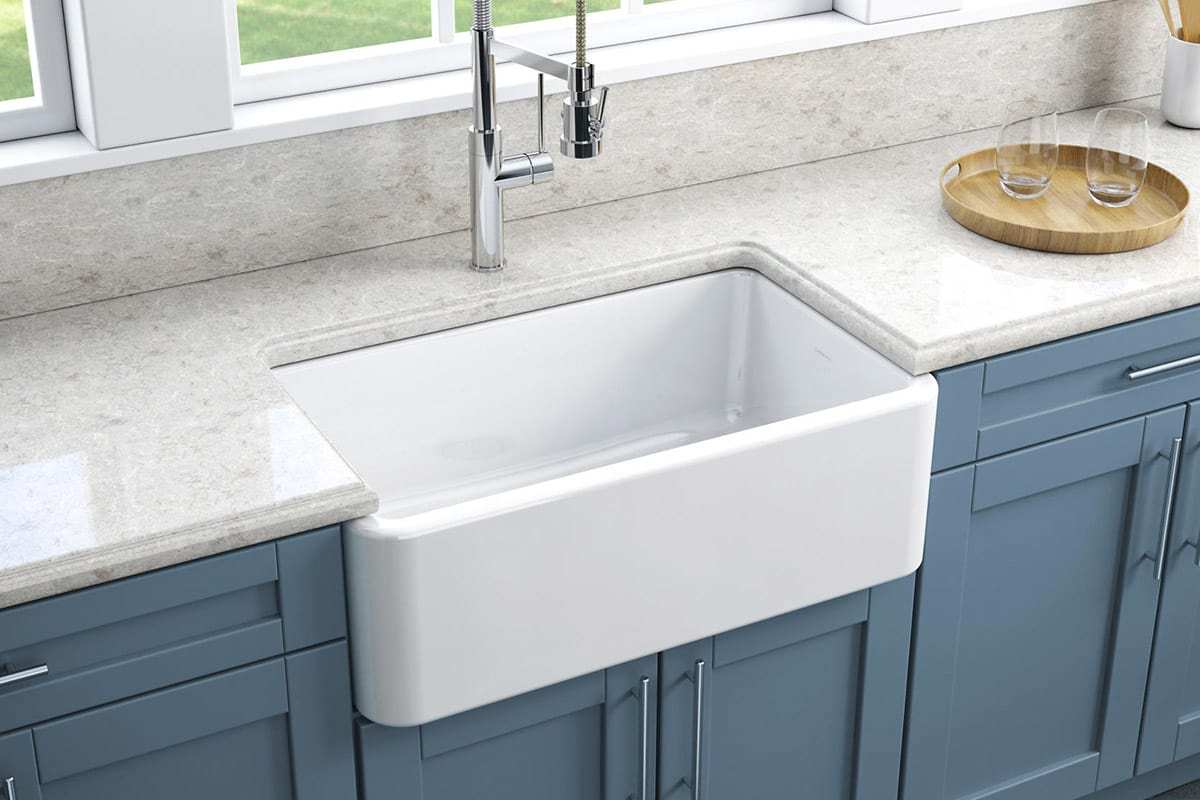

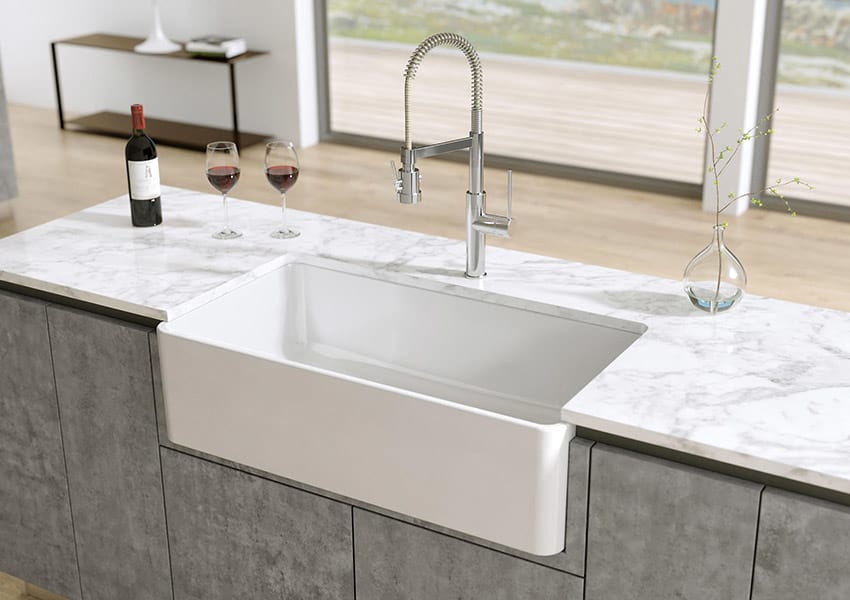
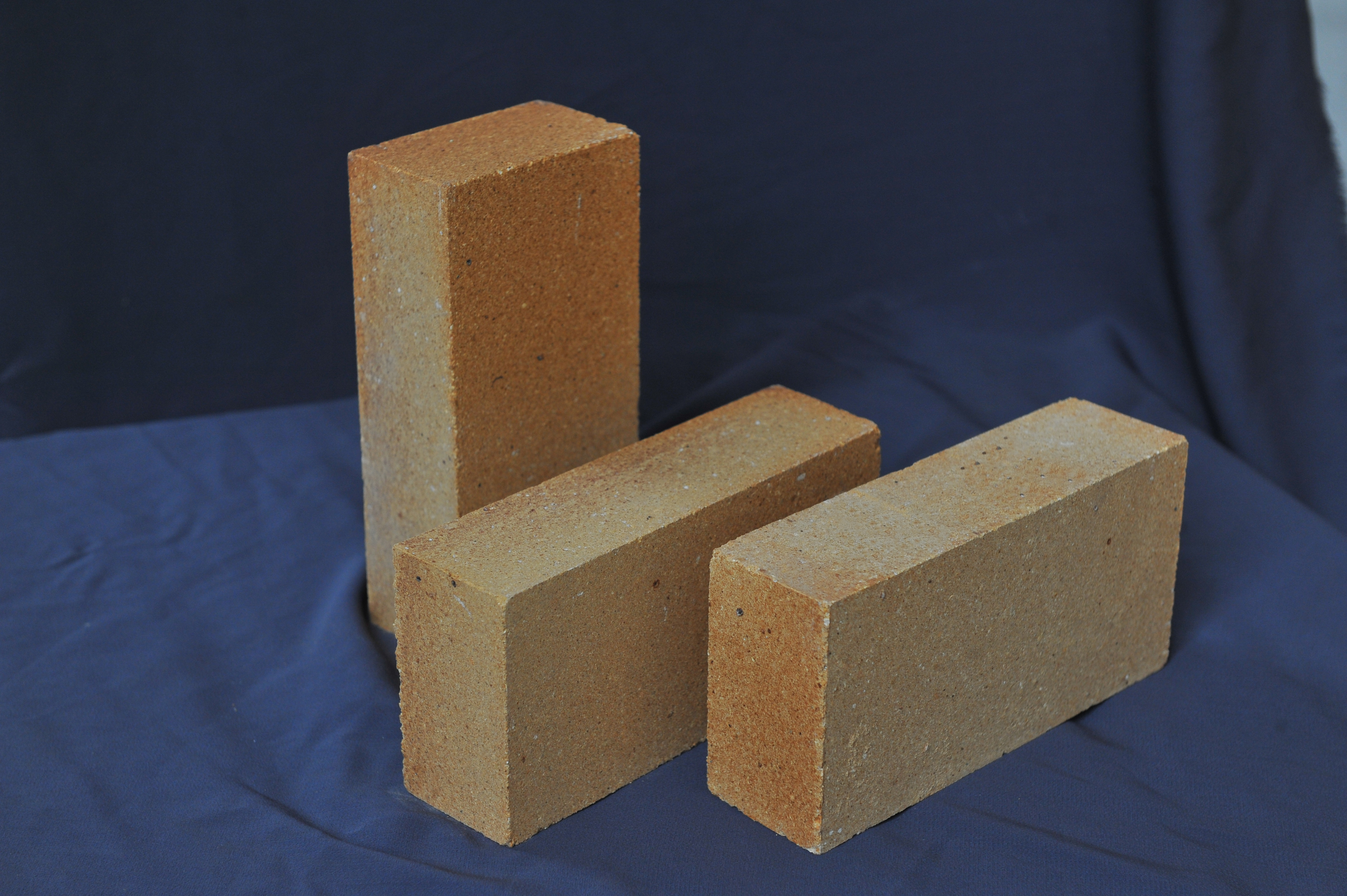
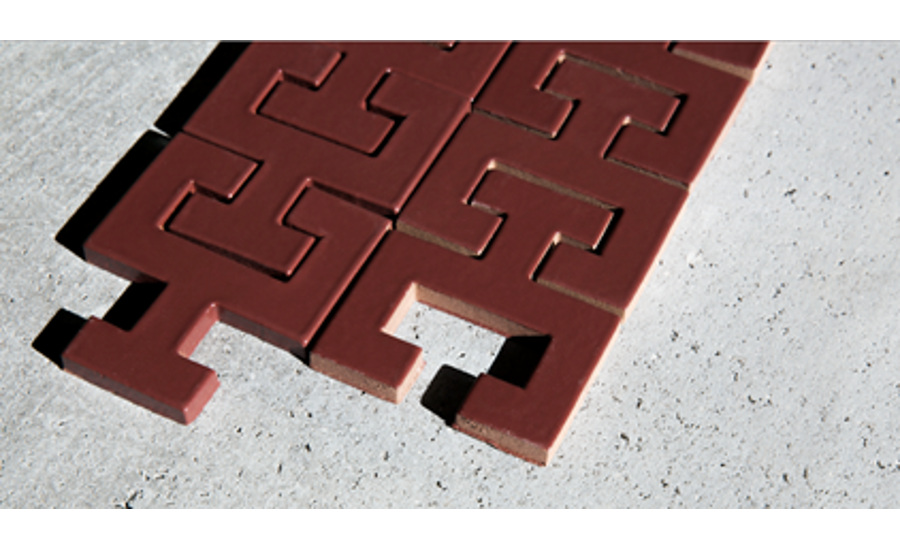

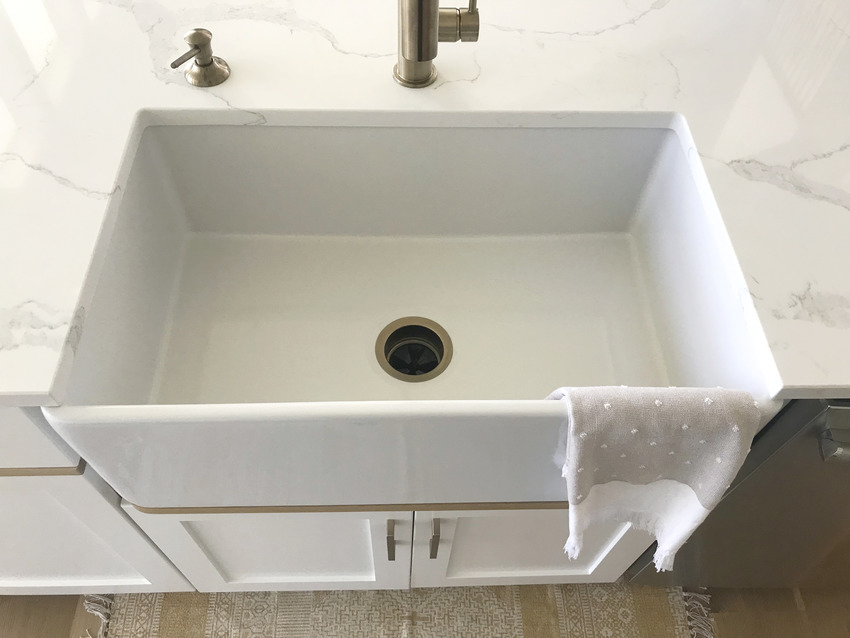

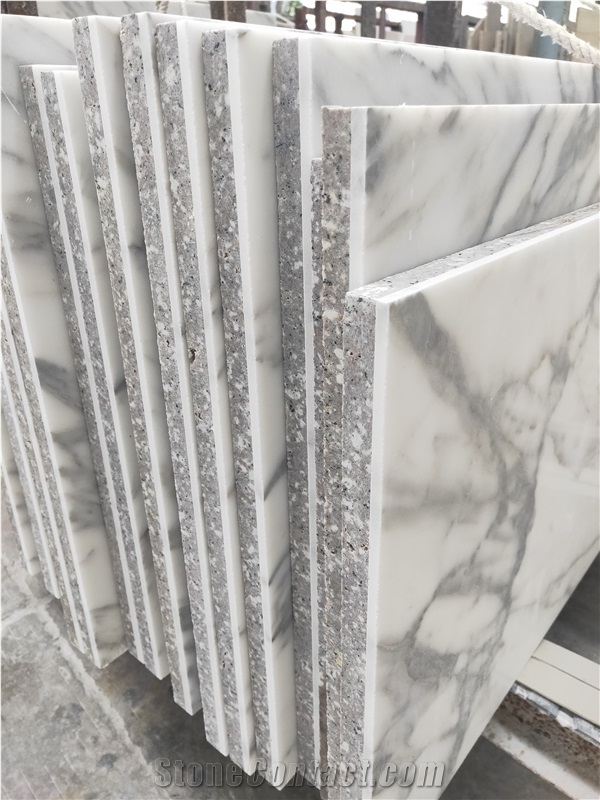



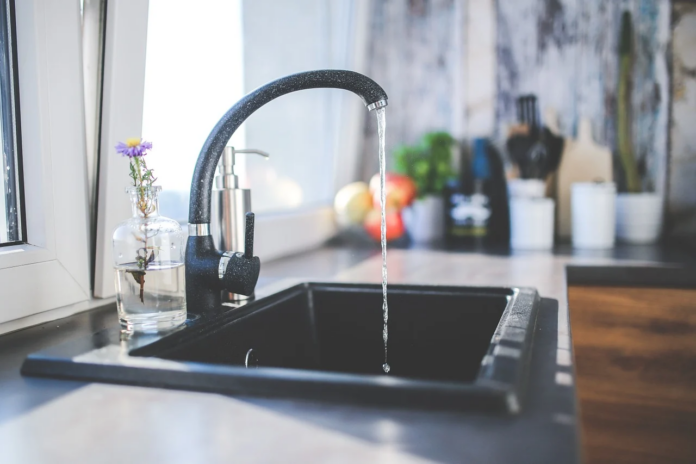

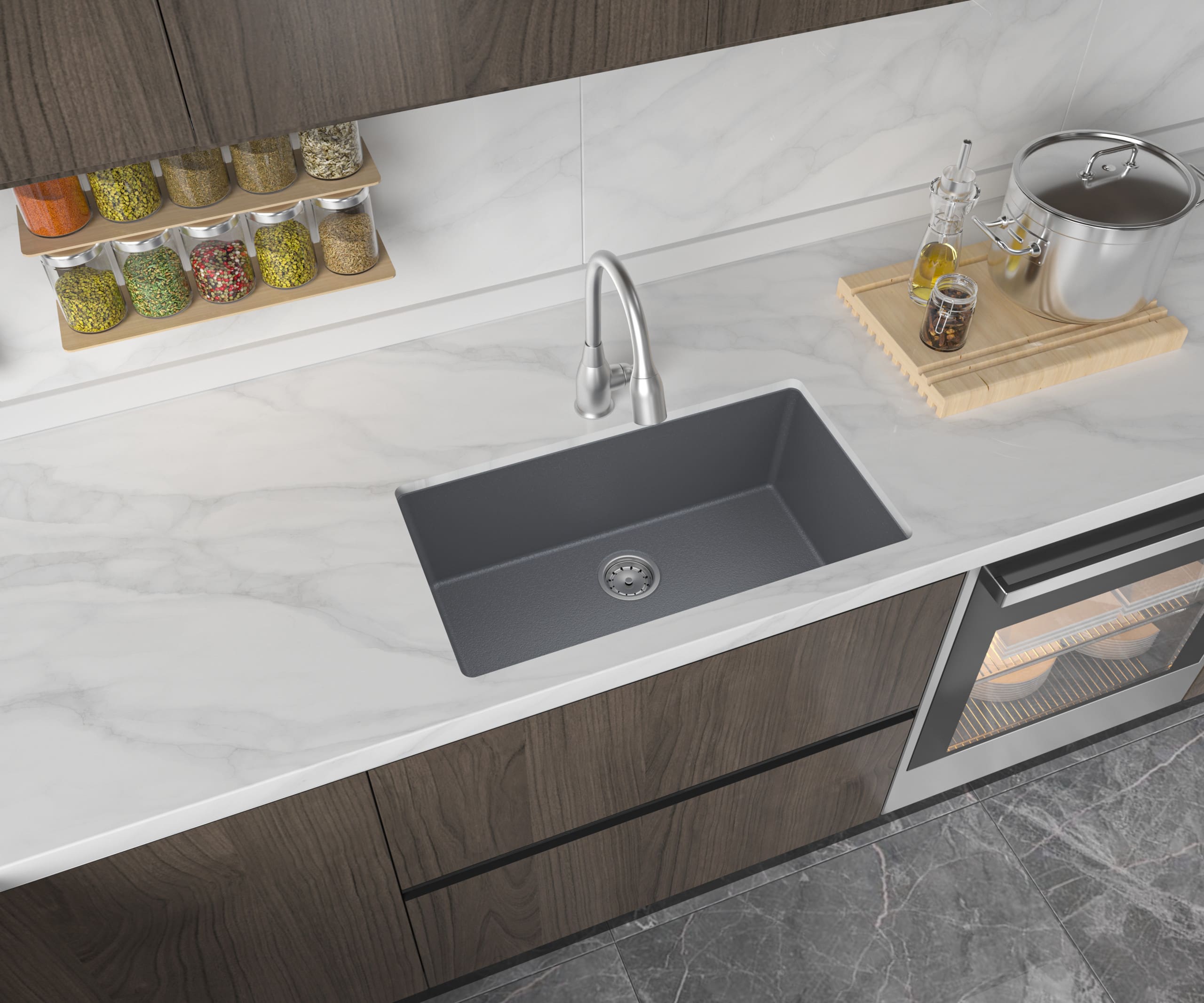
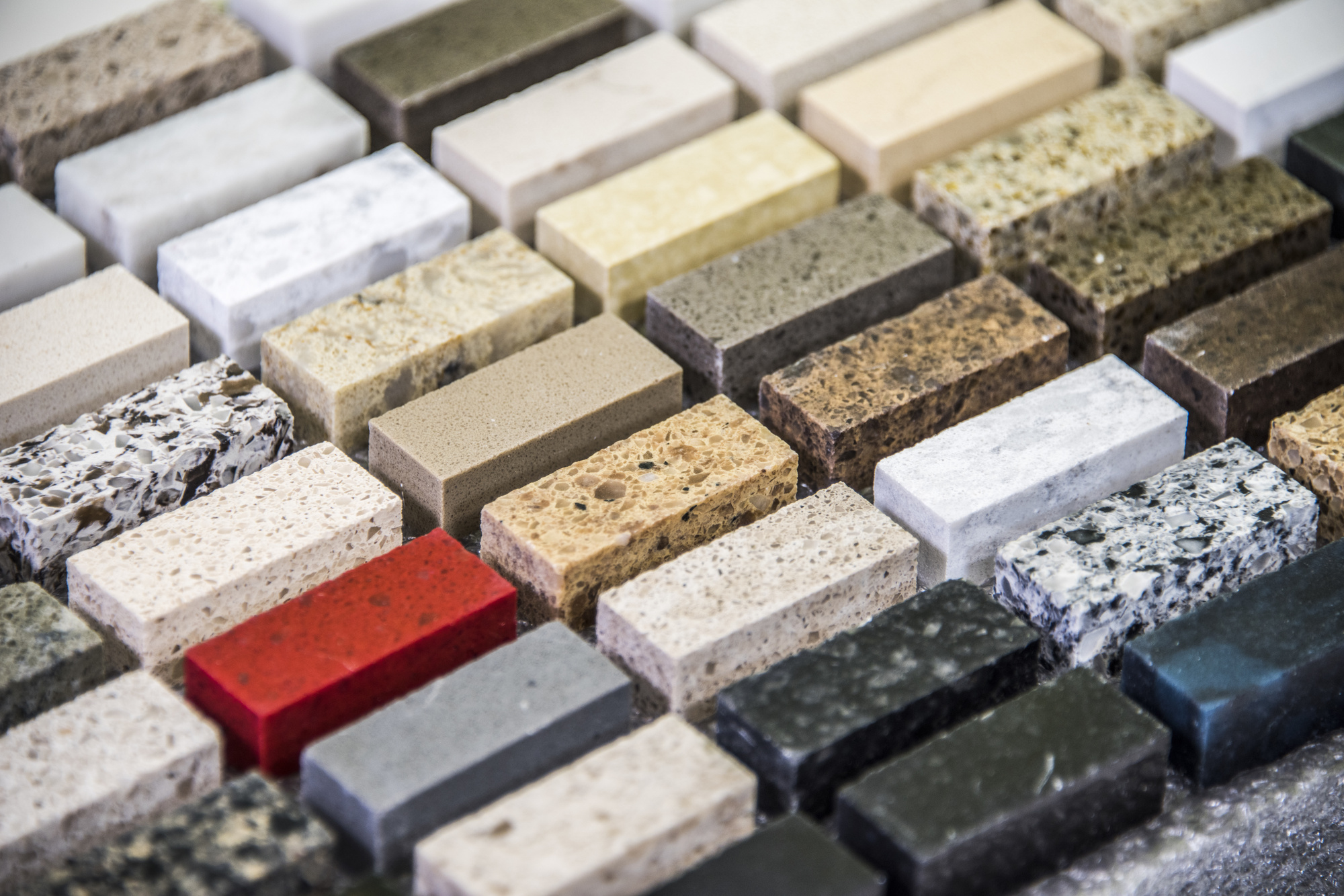
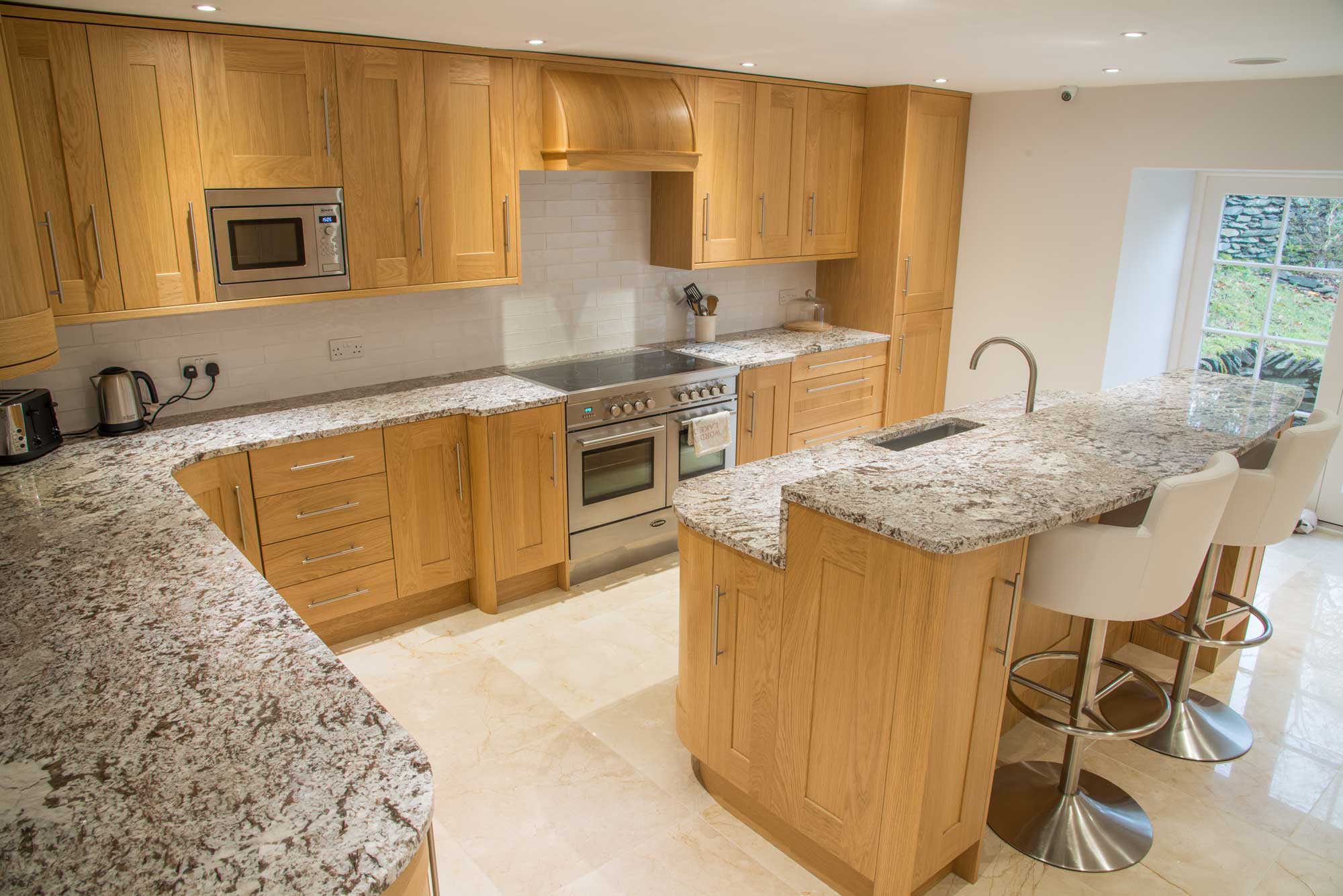
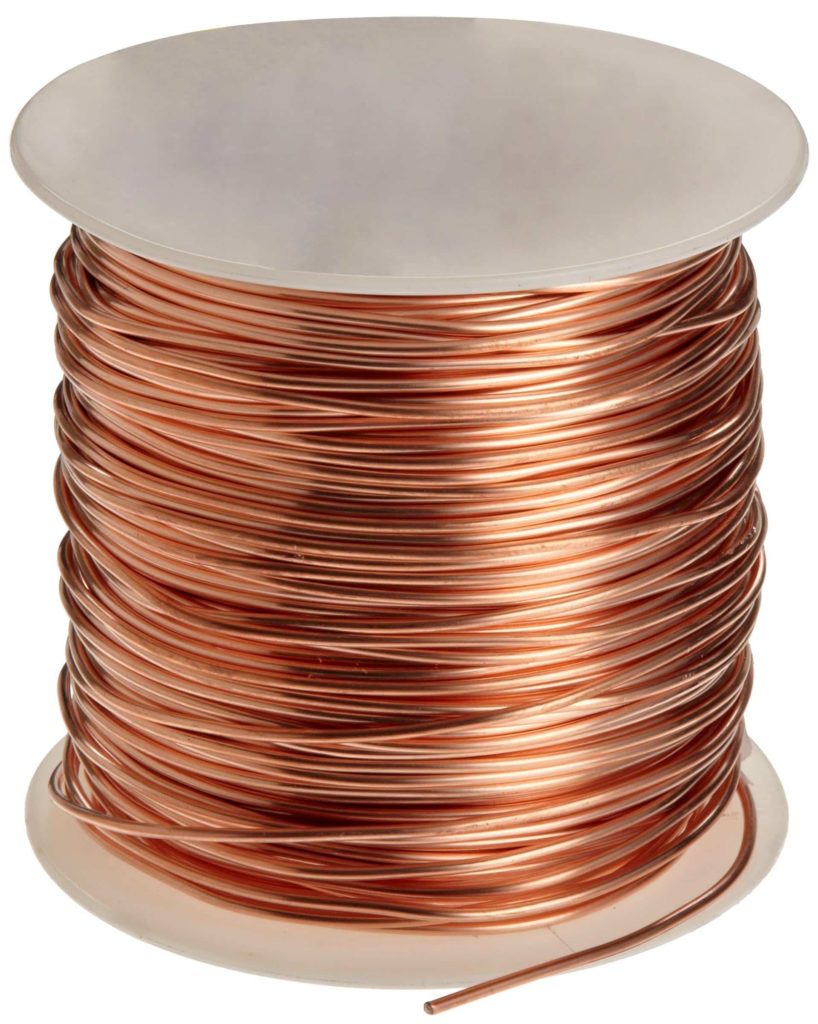


/105781528-56a613de5f9b58b7d0dfcc50.jpg)




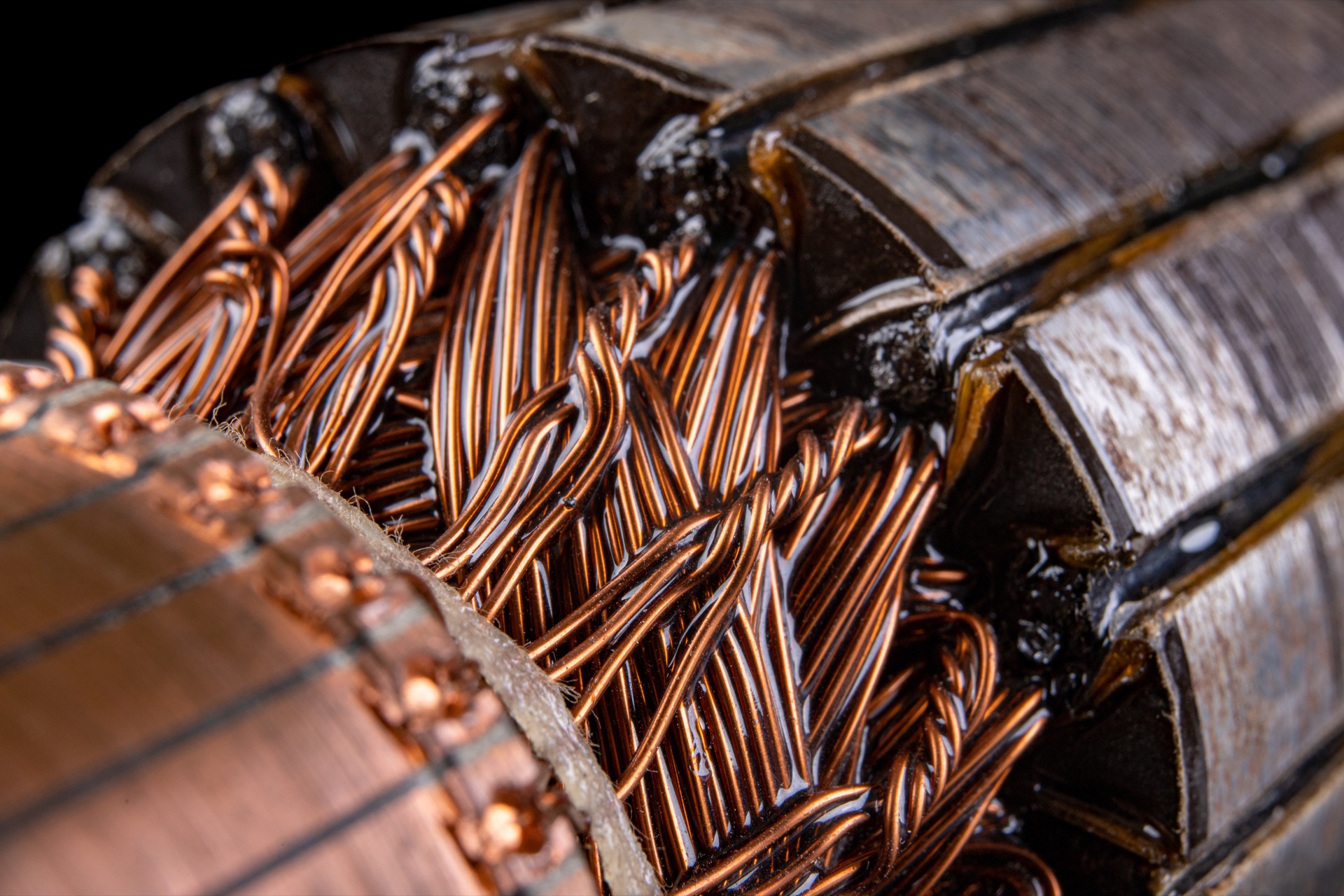
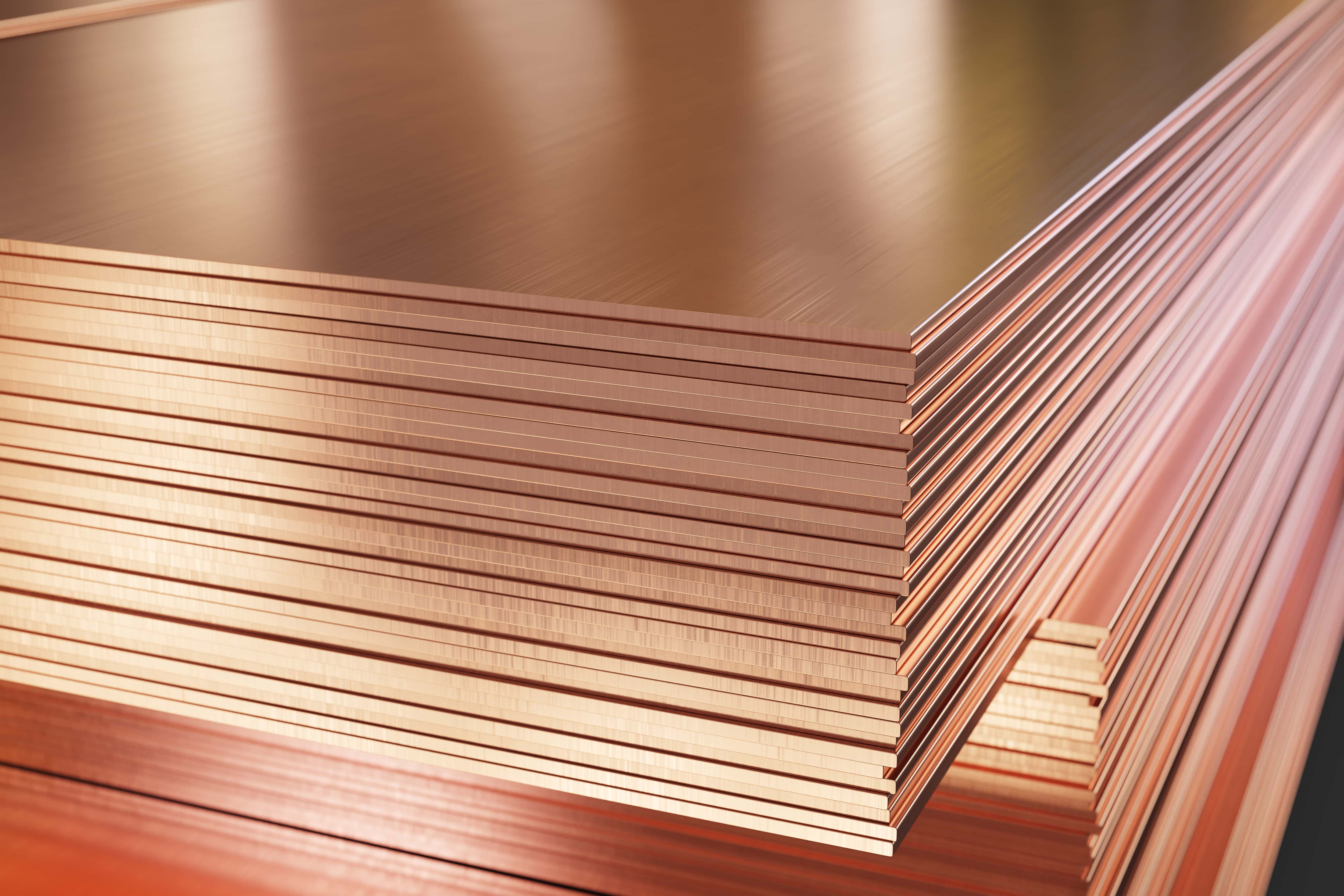
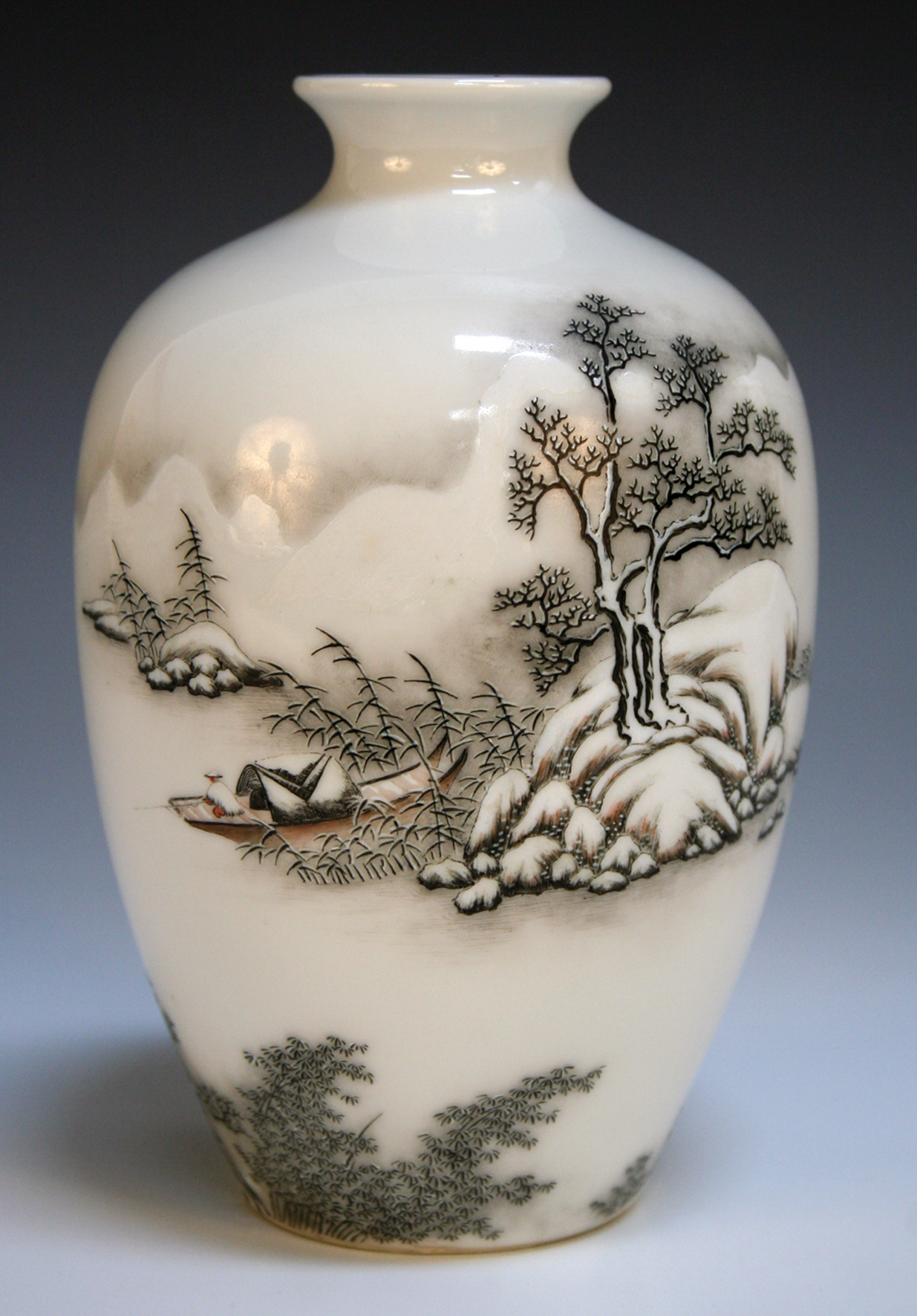
.jpg)


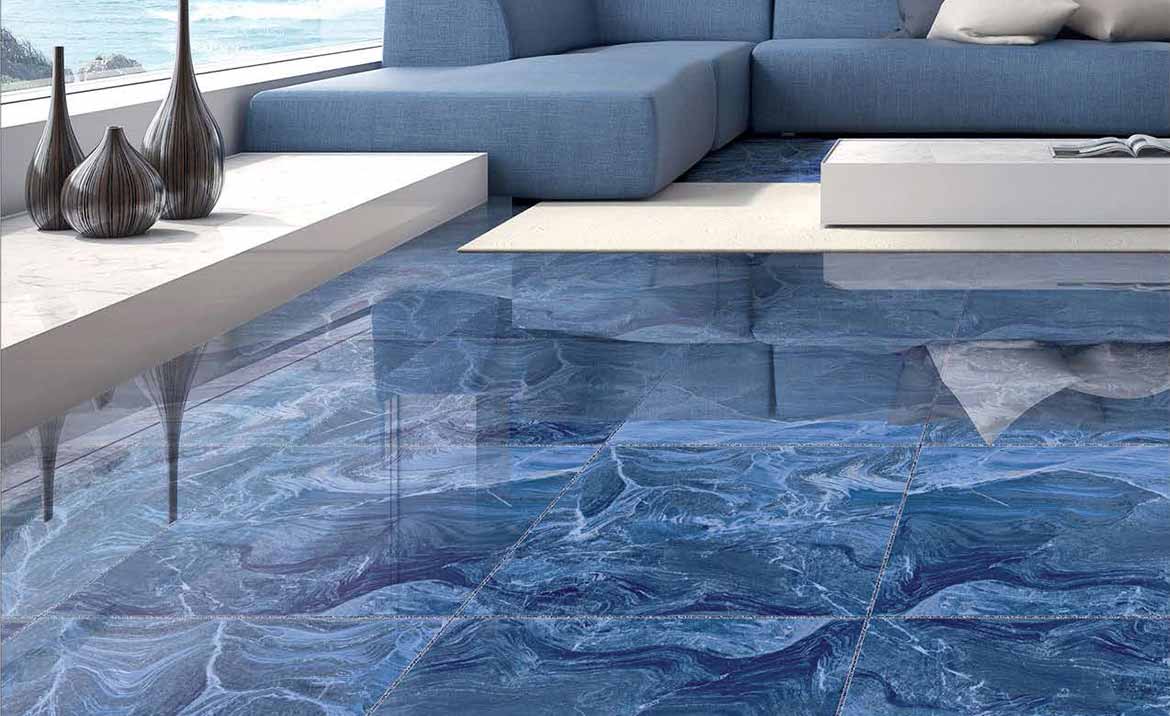




/WetPorcelainTile-5acfa0213037130037cecba0.jpg)

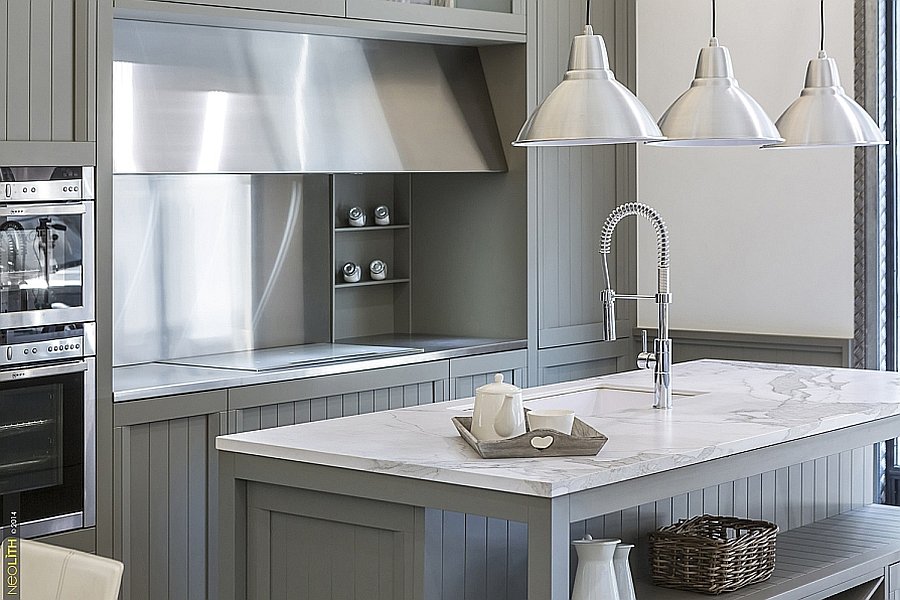



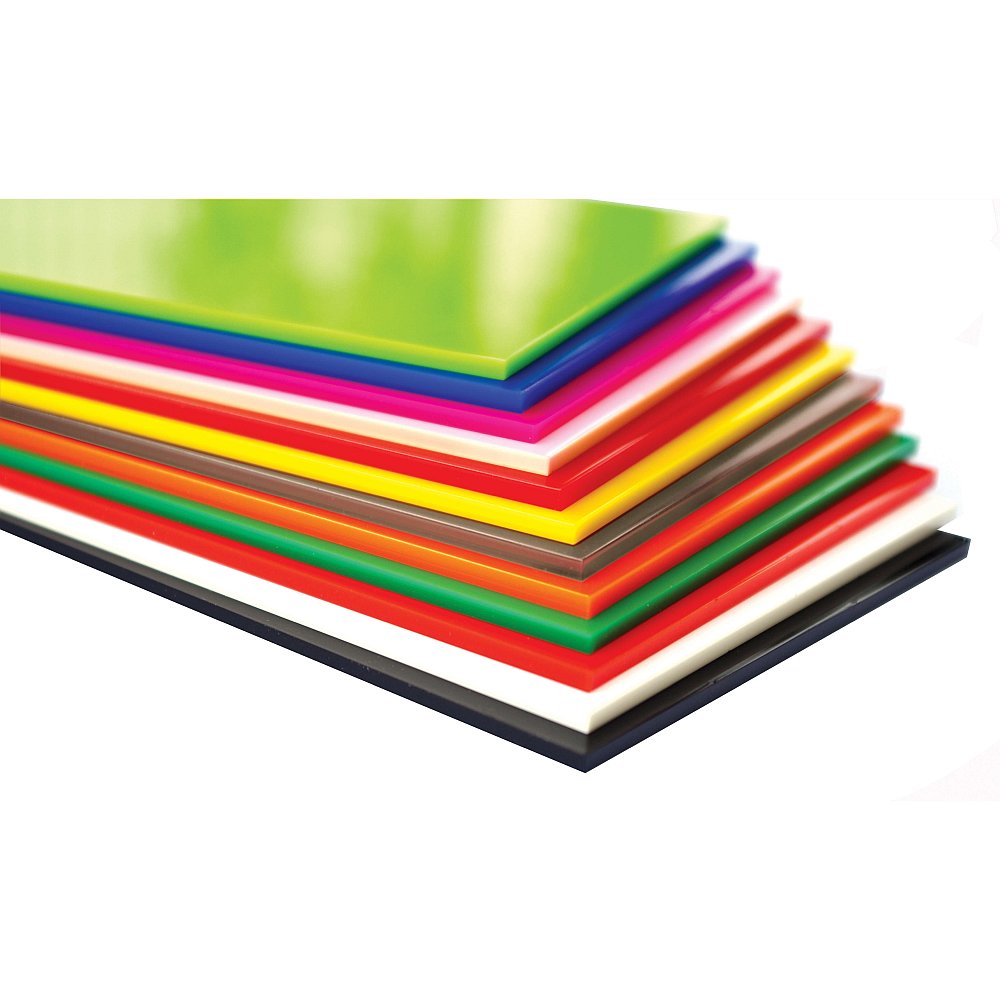
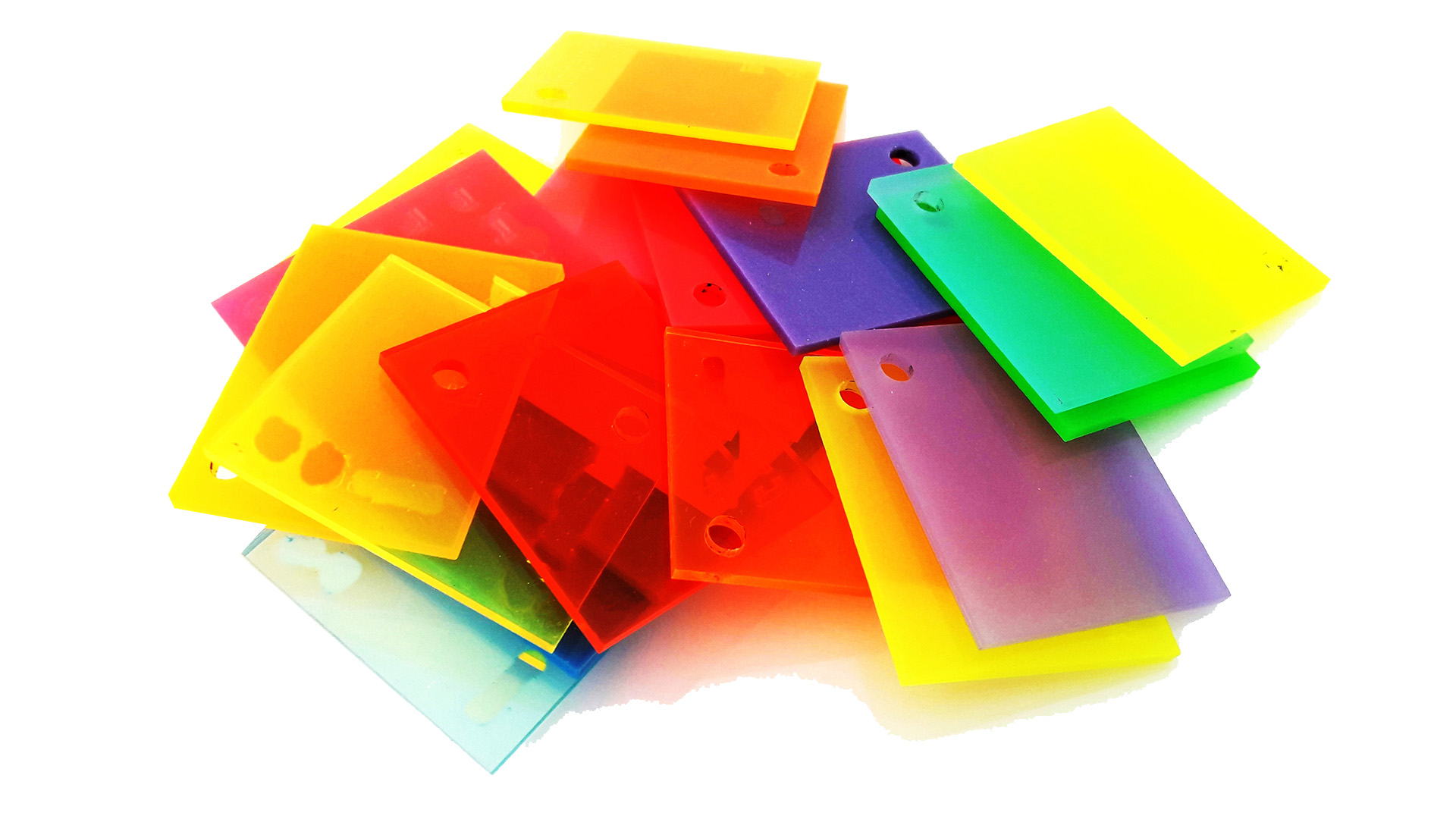
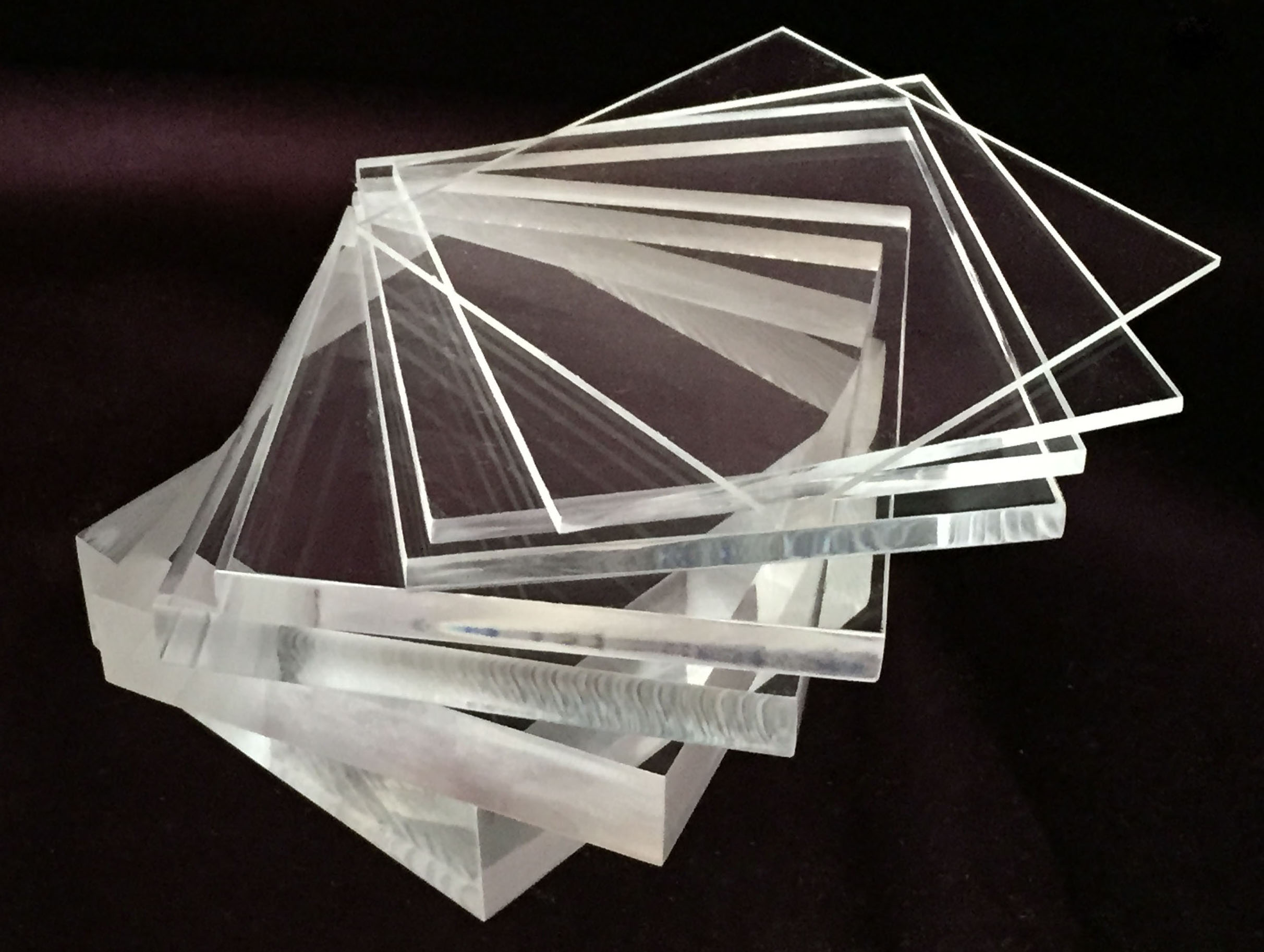
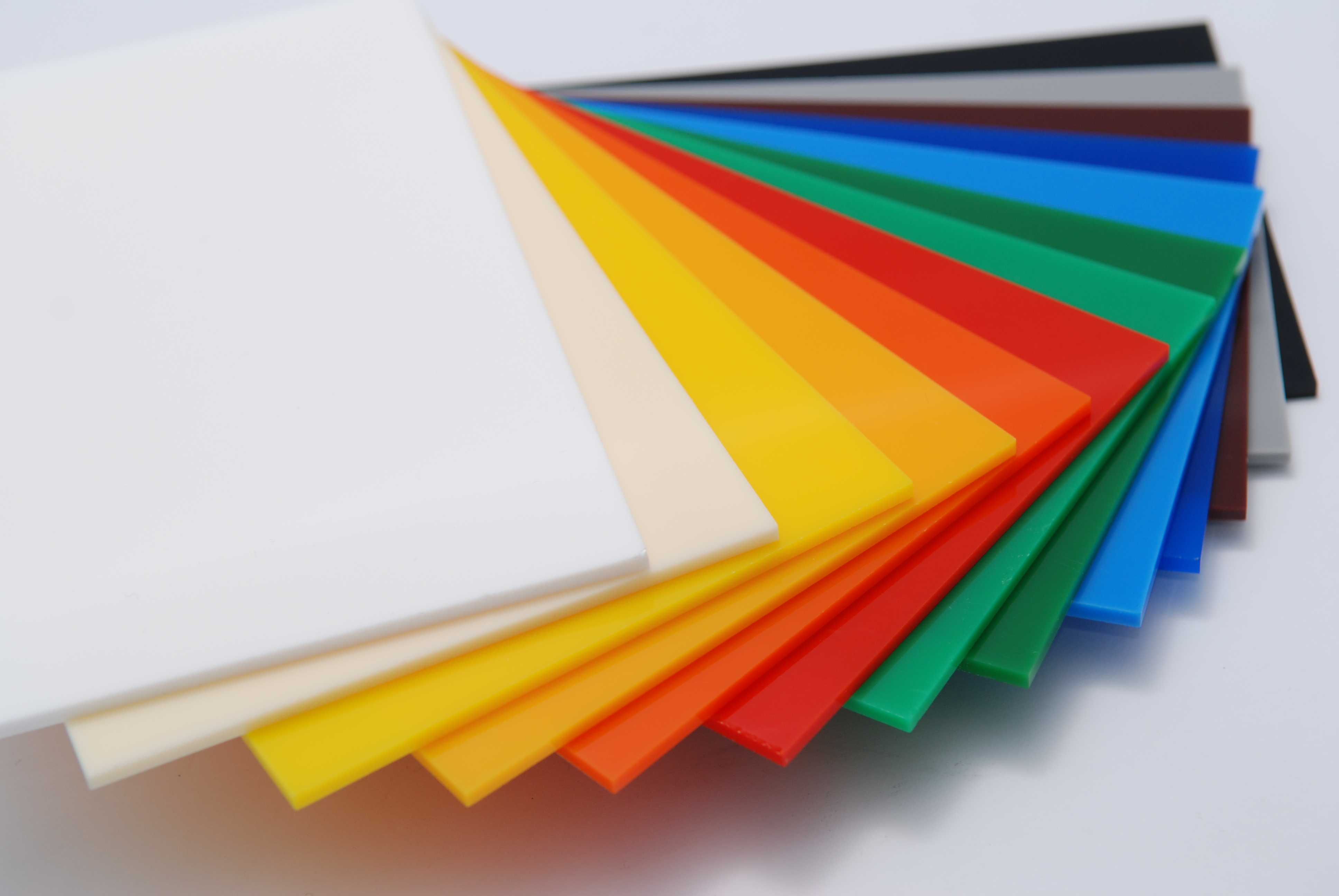
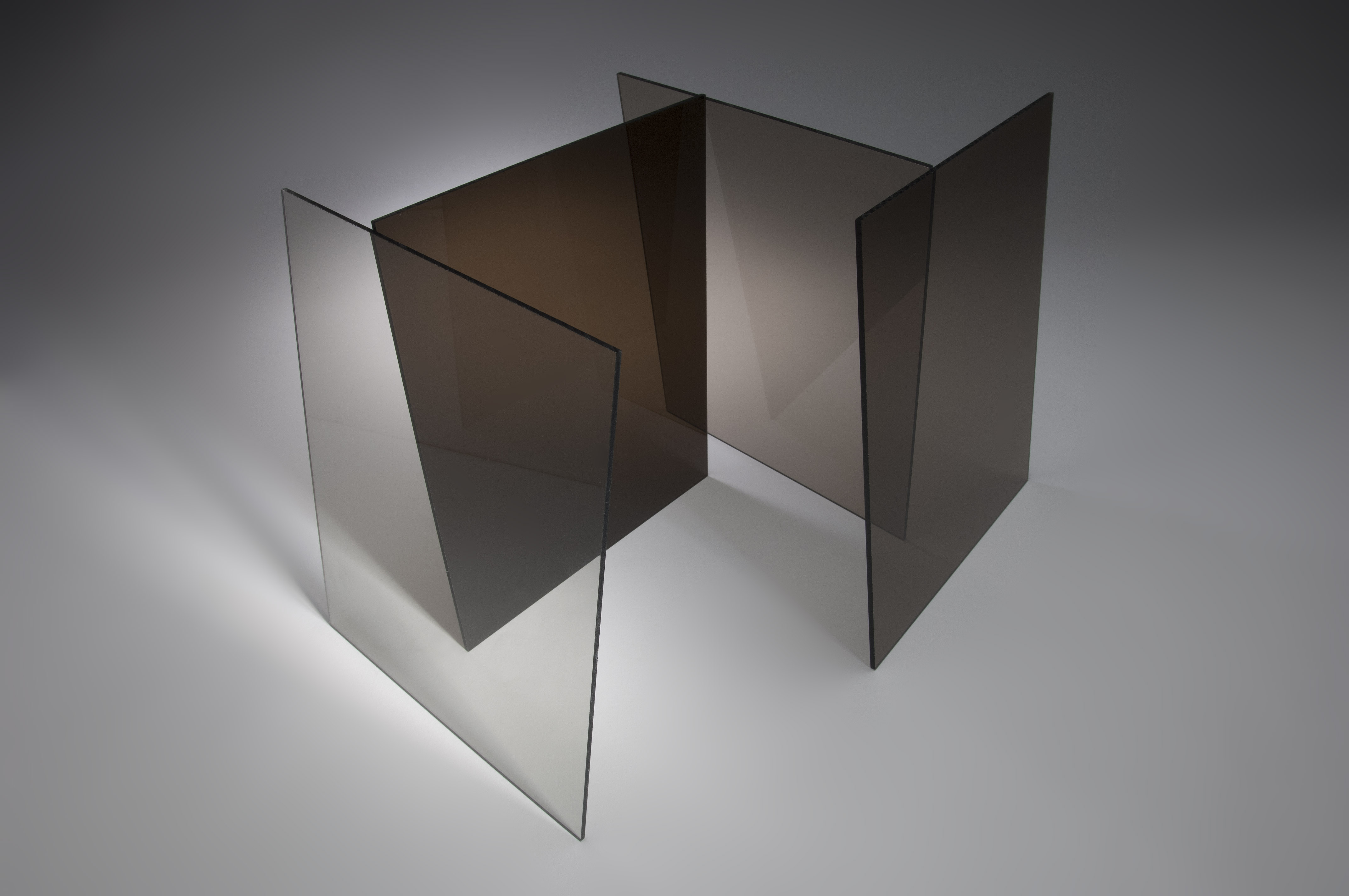
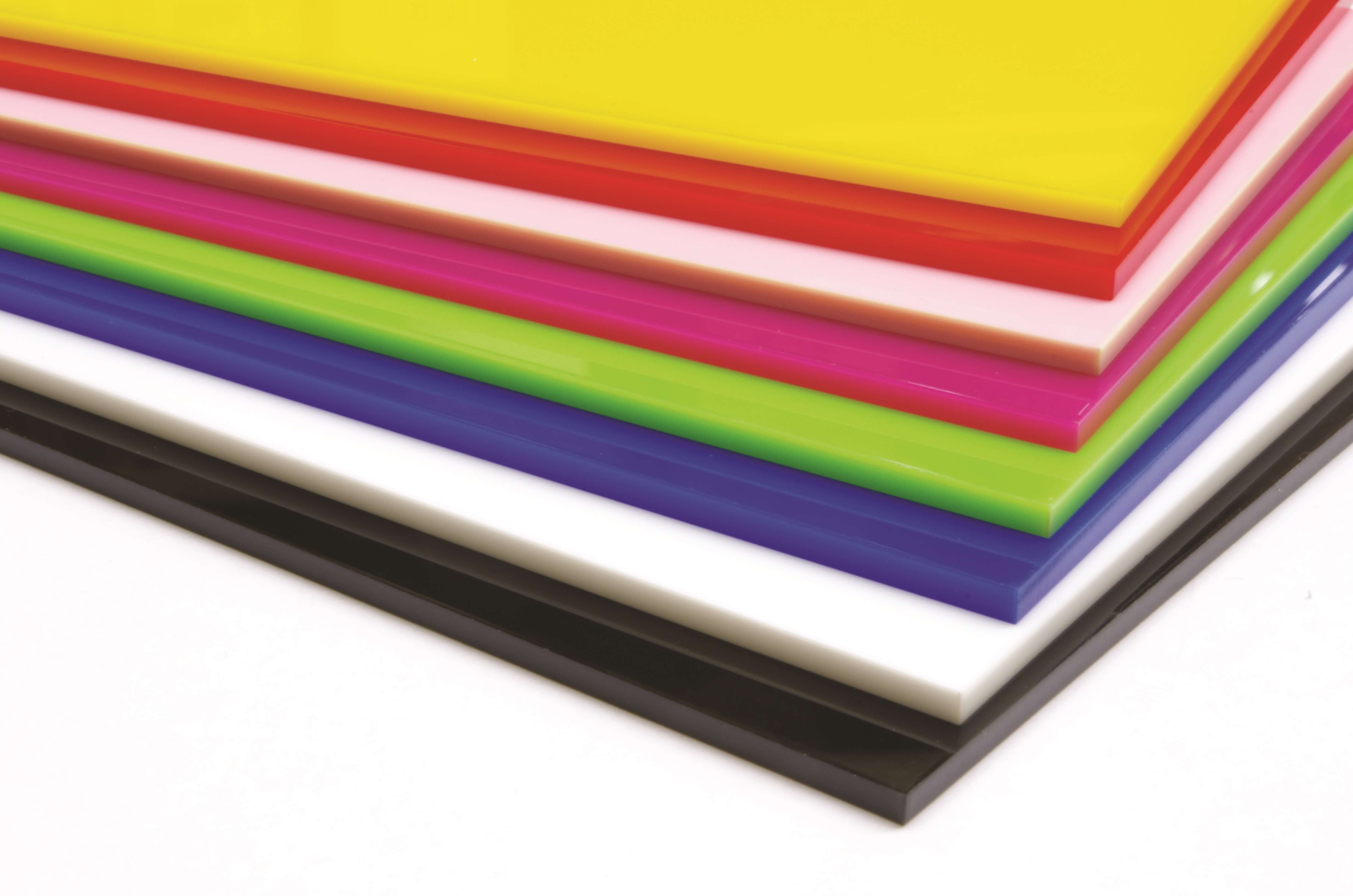
/acrylicpainttips_Beginners-56a6e7a65f9b58b7d0e56af3.jpg)
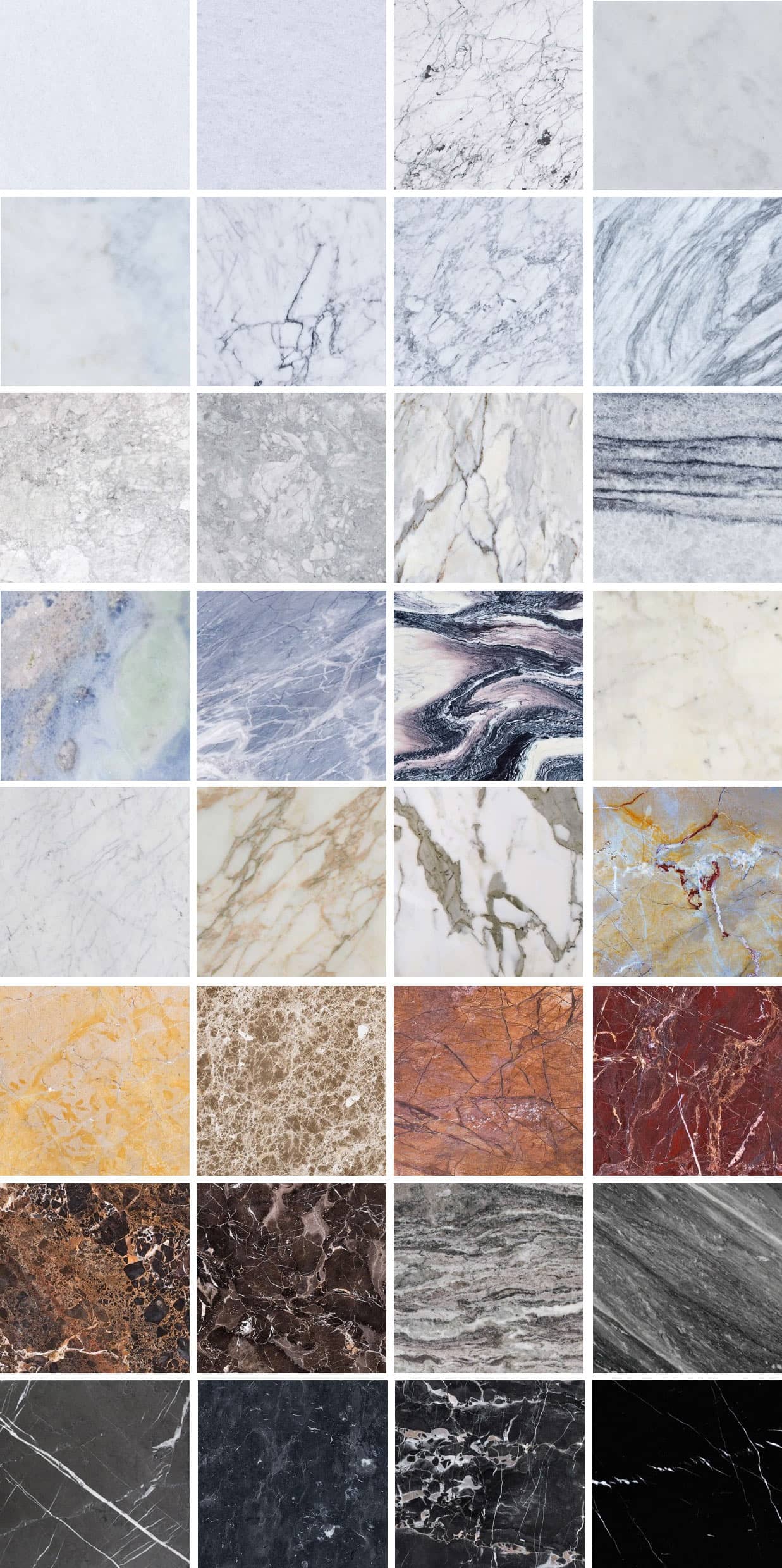
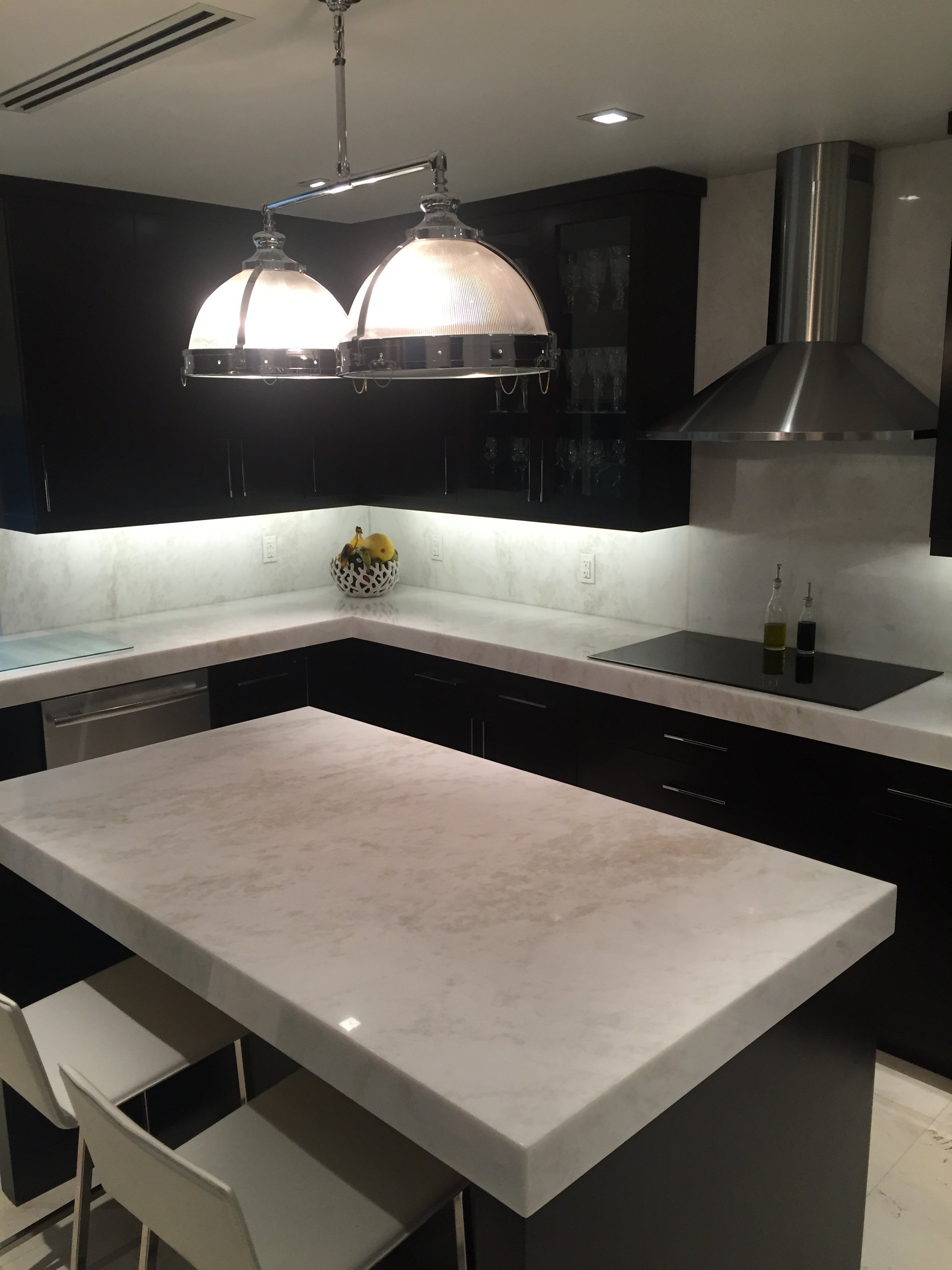

/marble-941374788-5b16eaa4fa6bcc00369692c7.jpg)



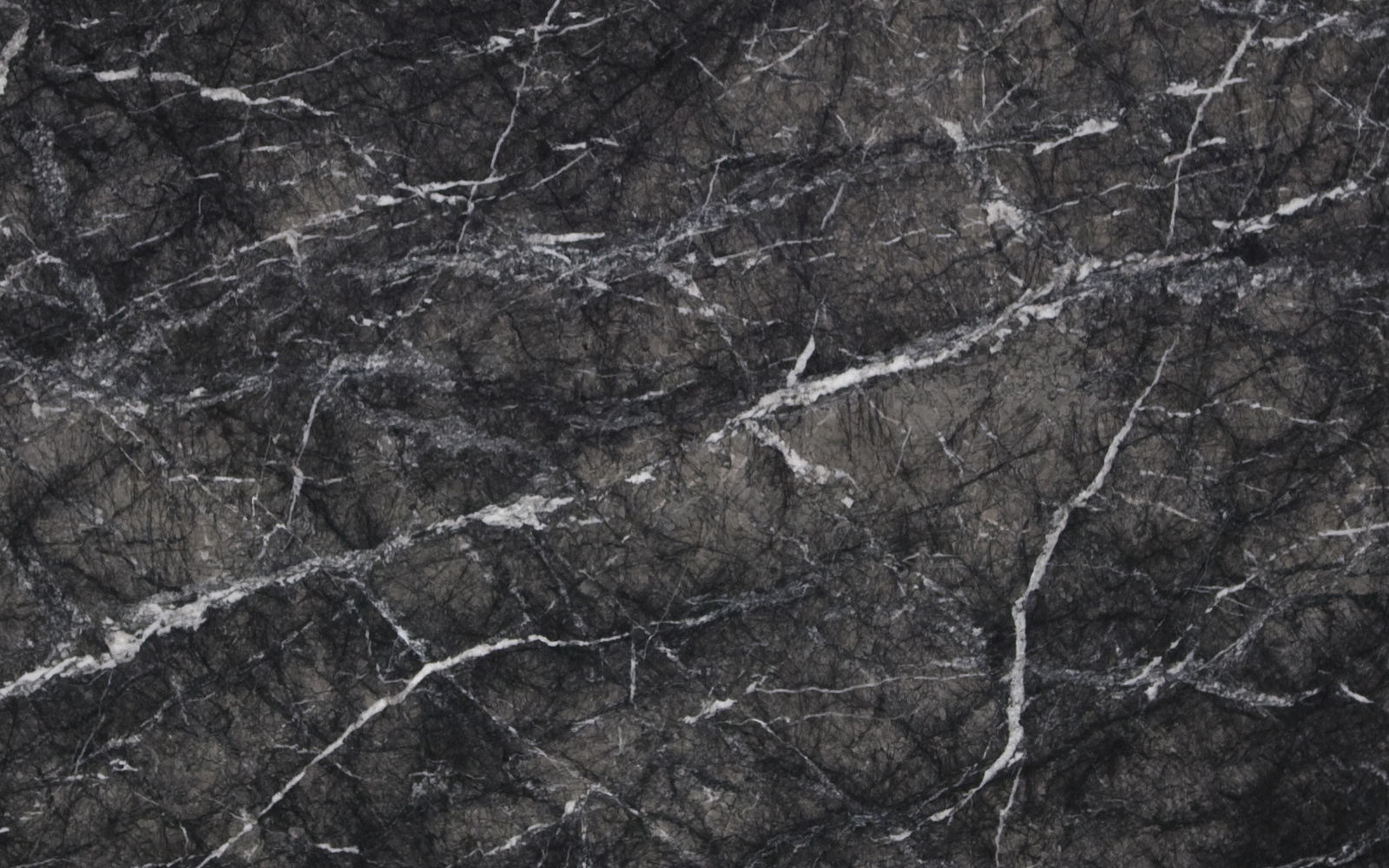



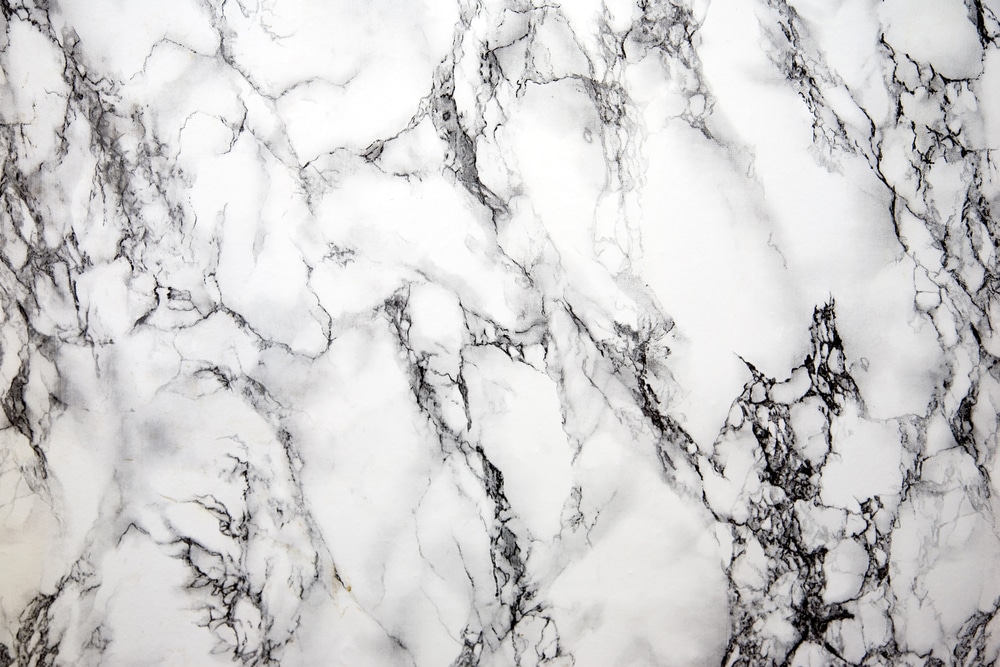




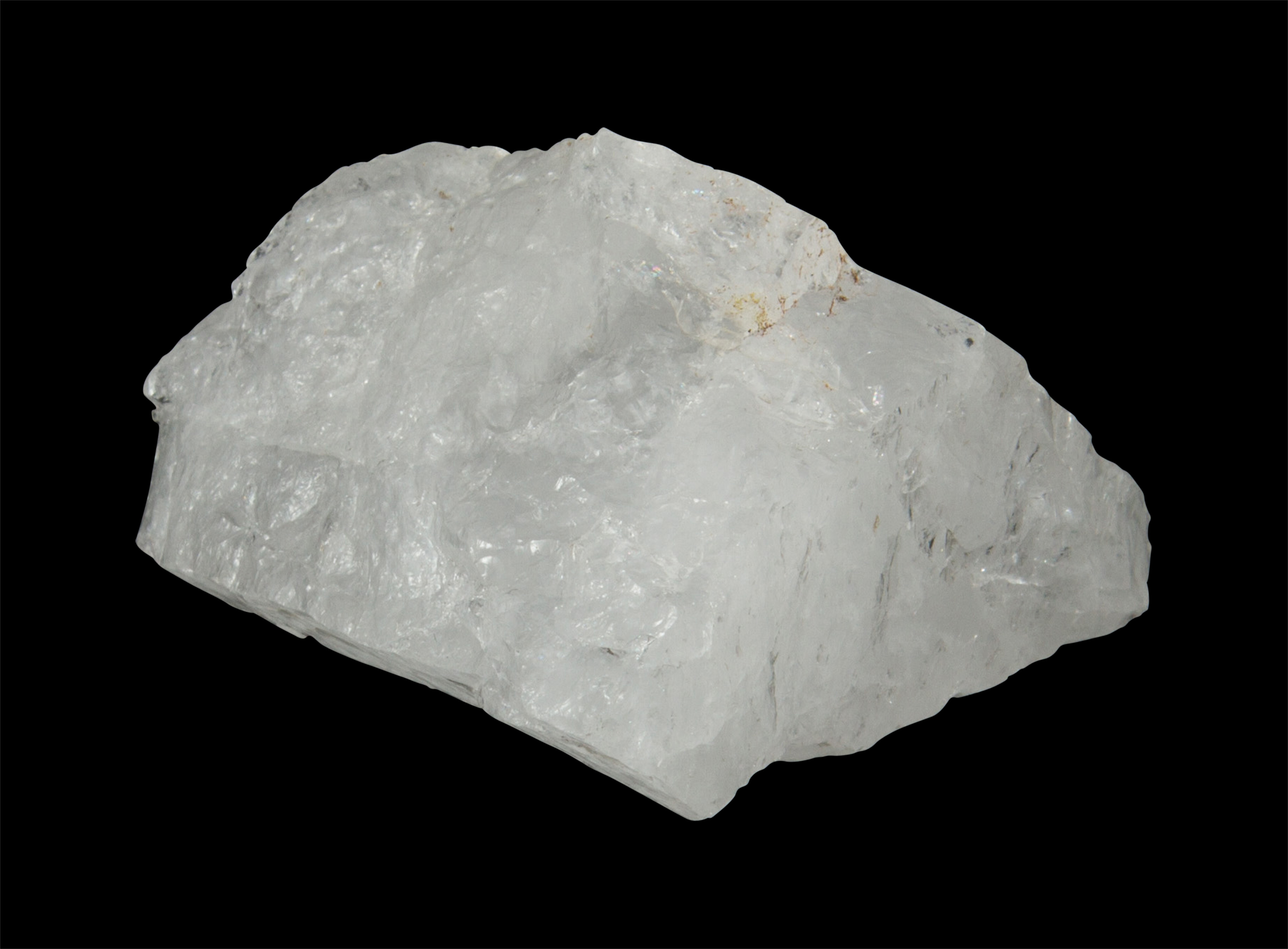
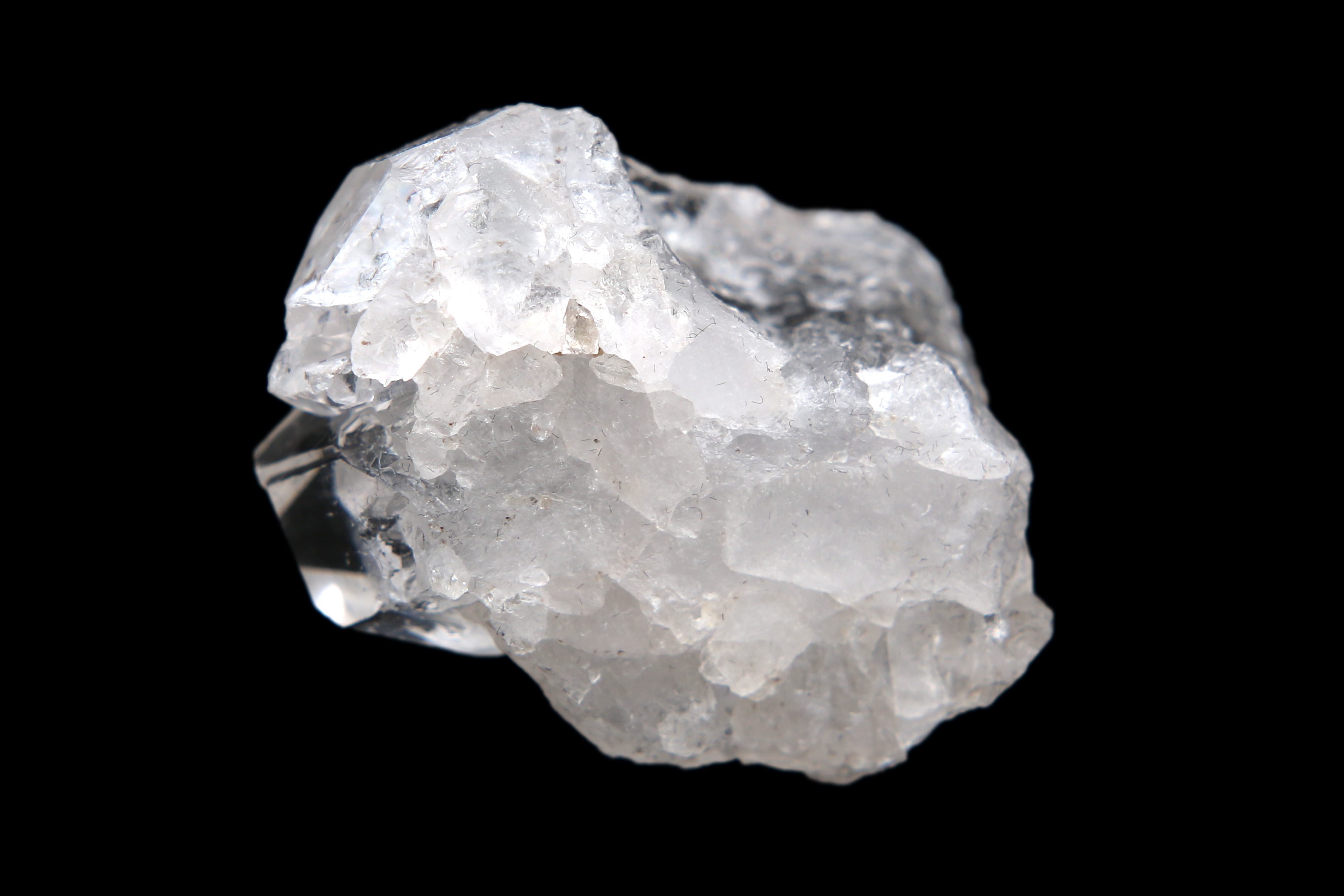
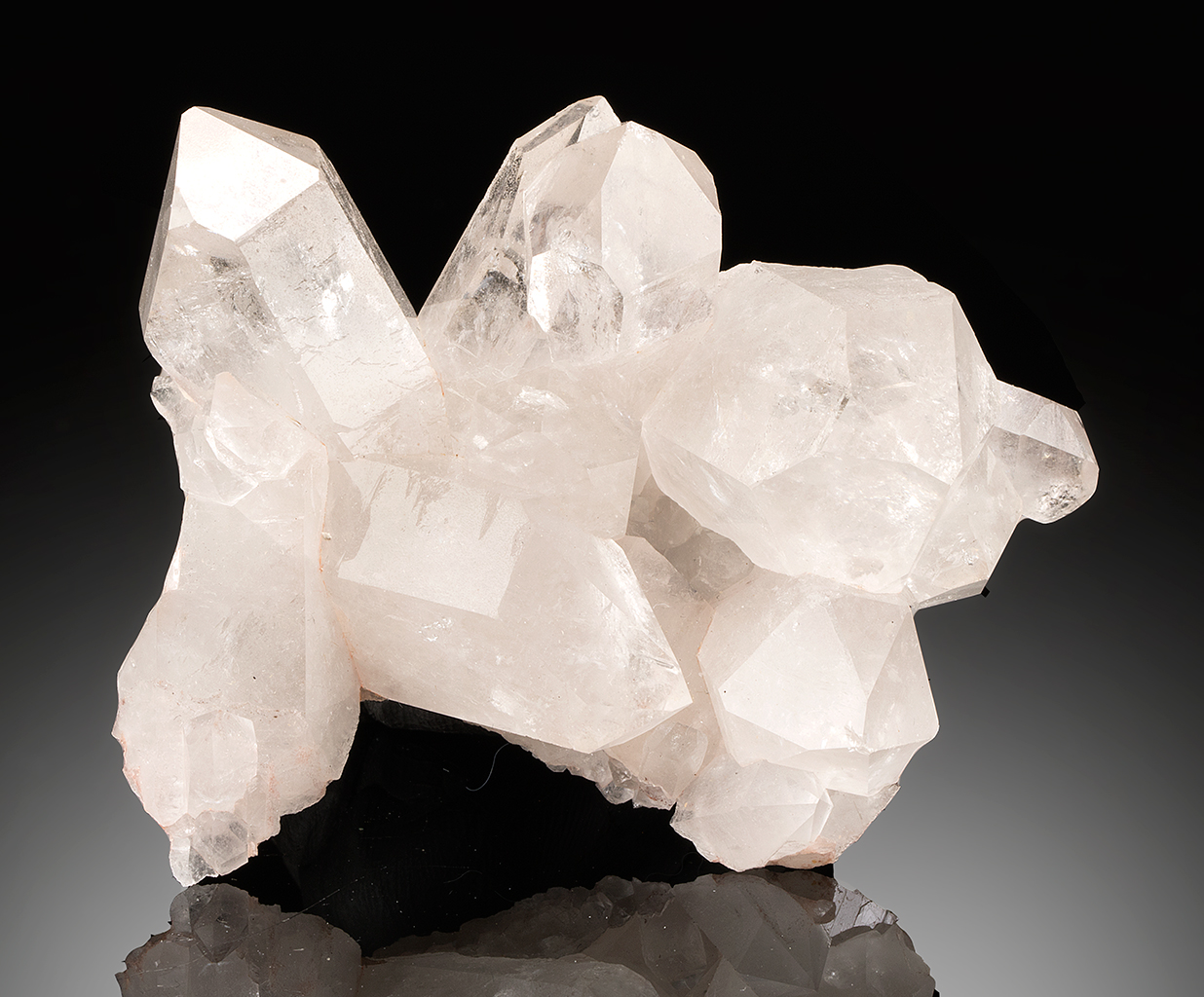
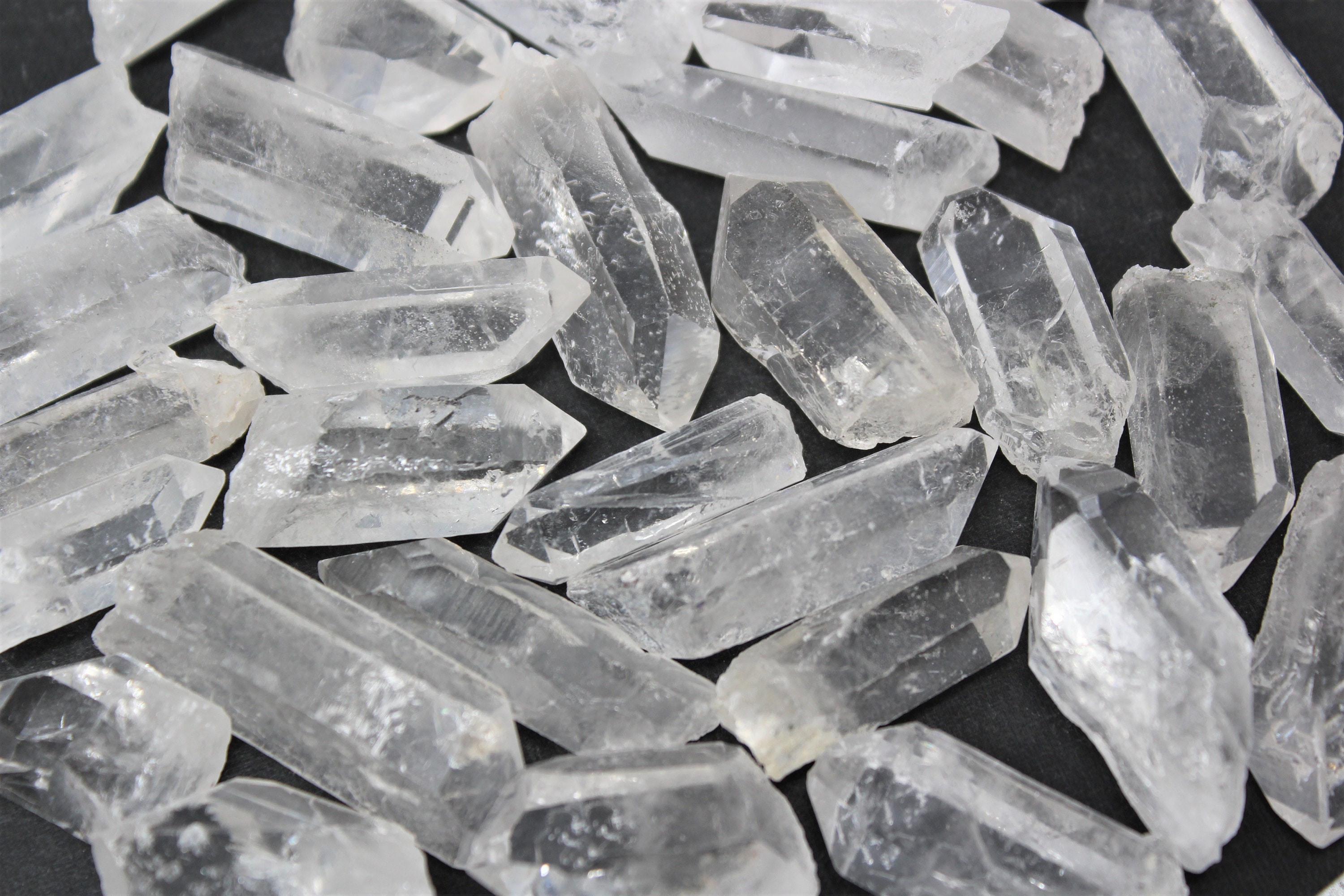

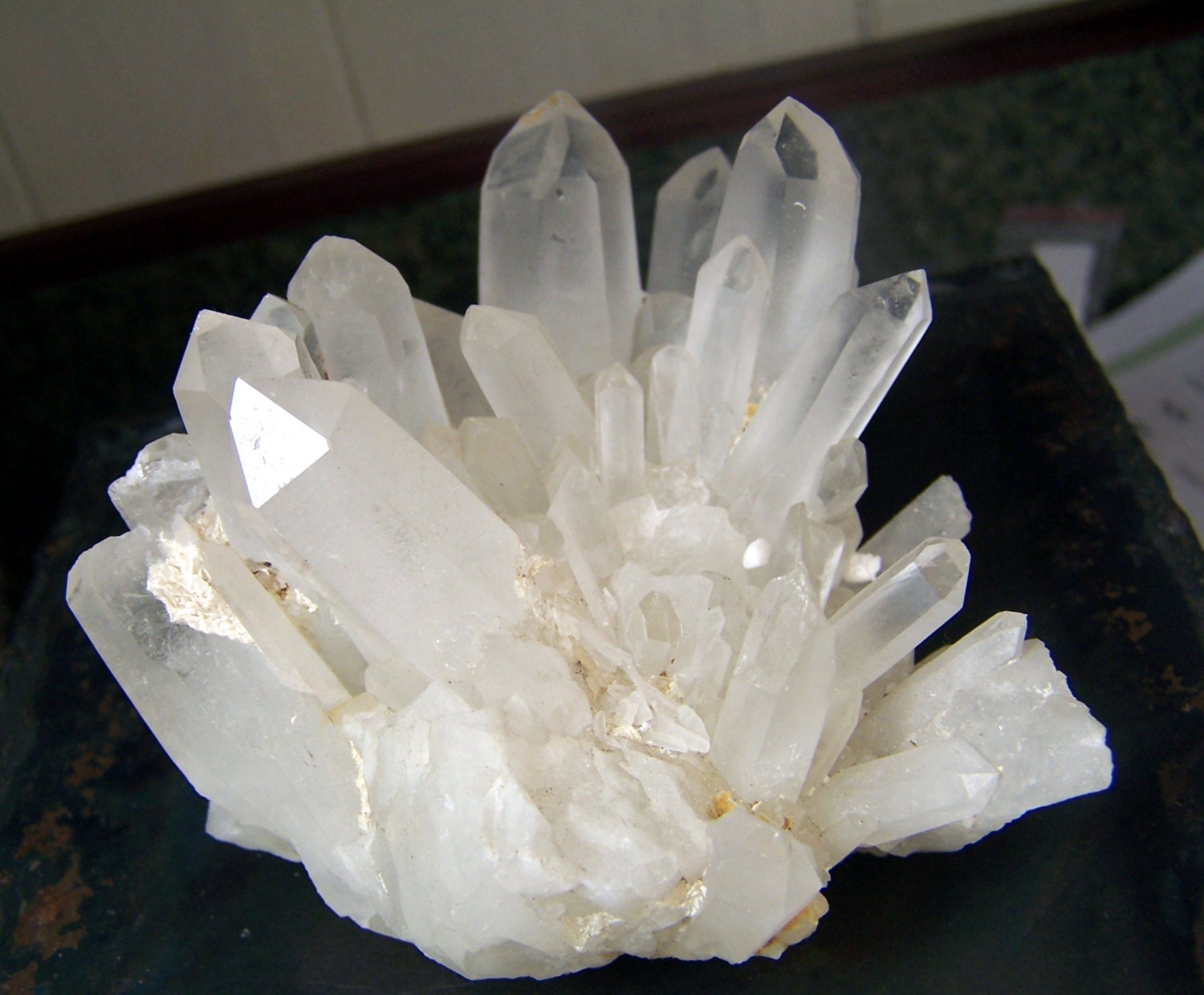
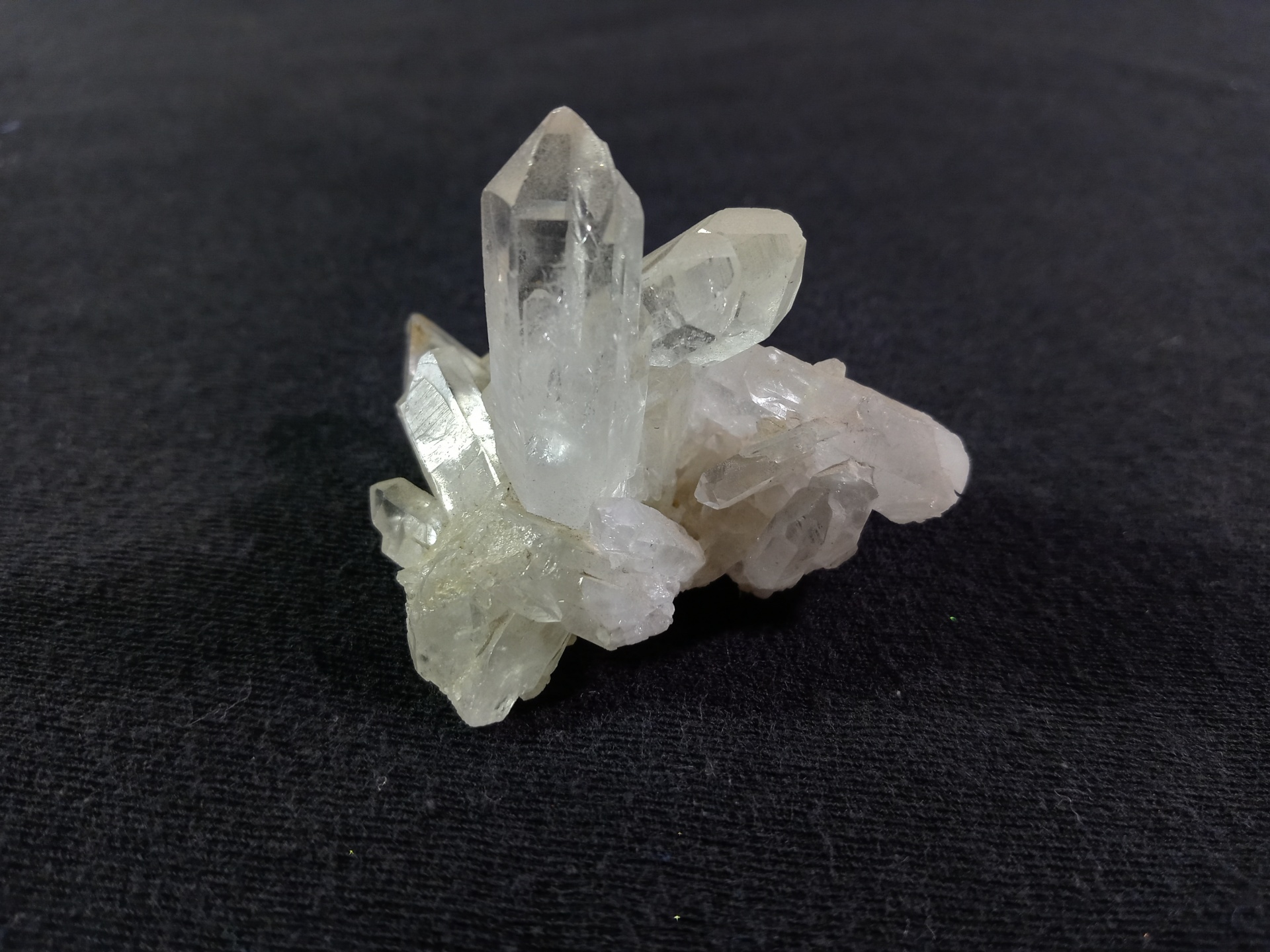

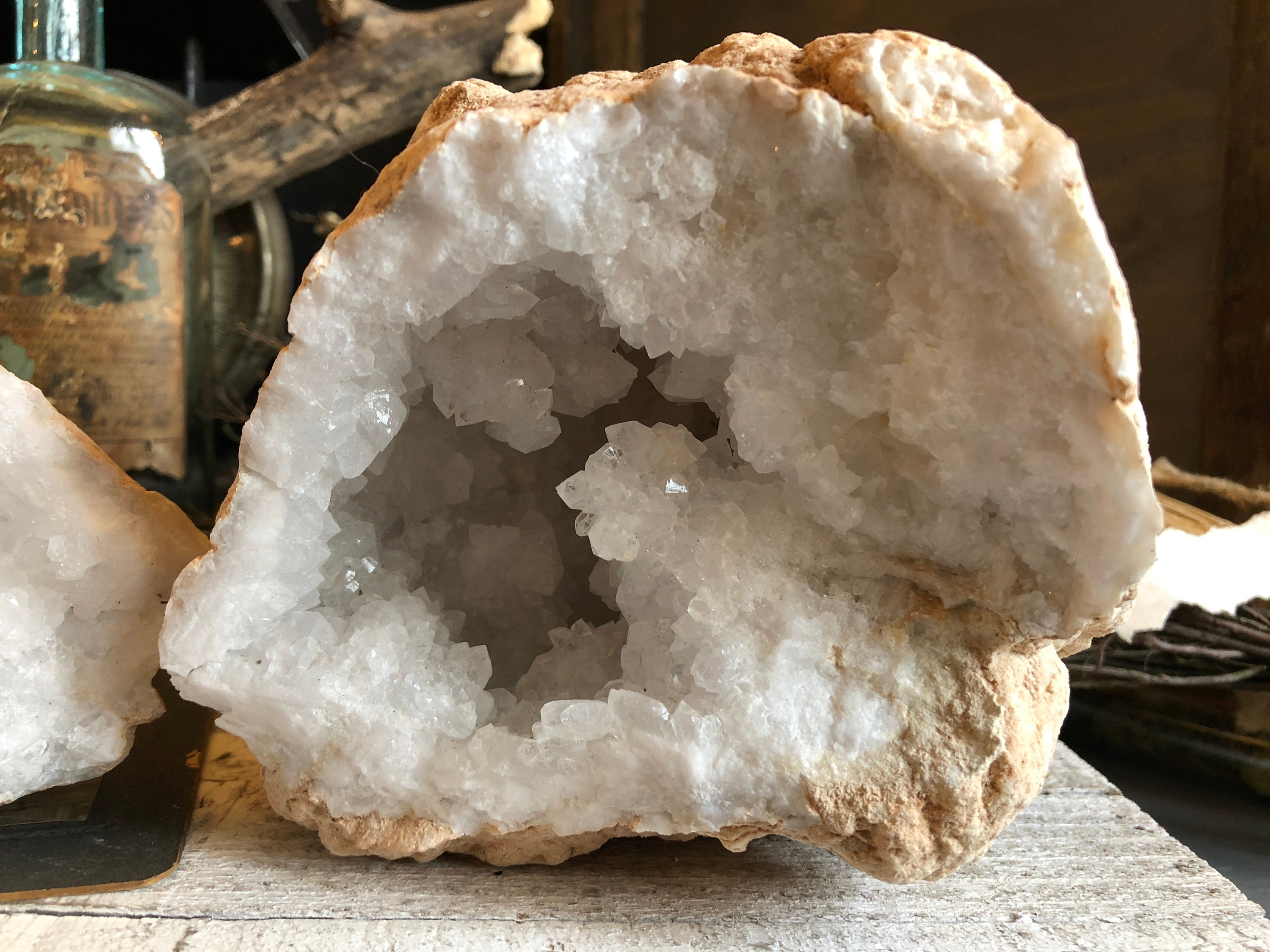

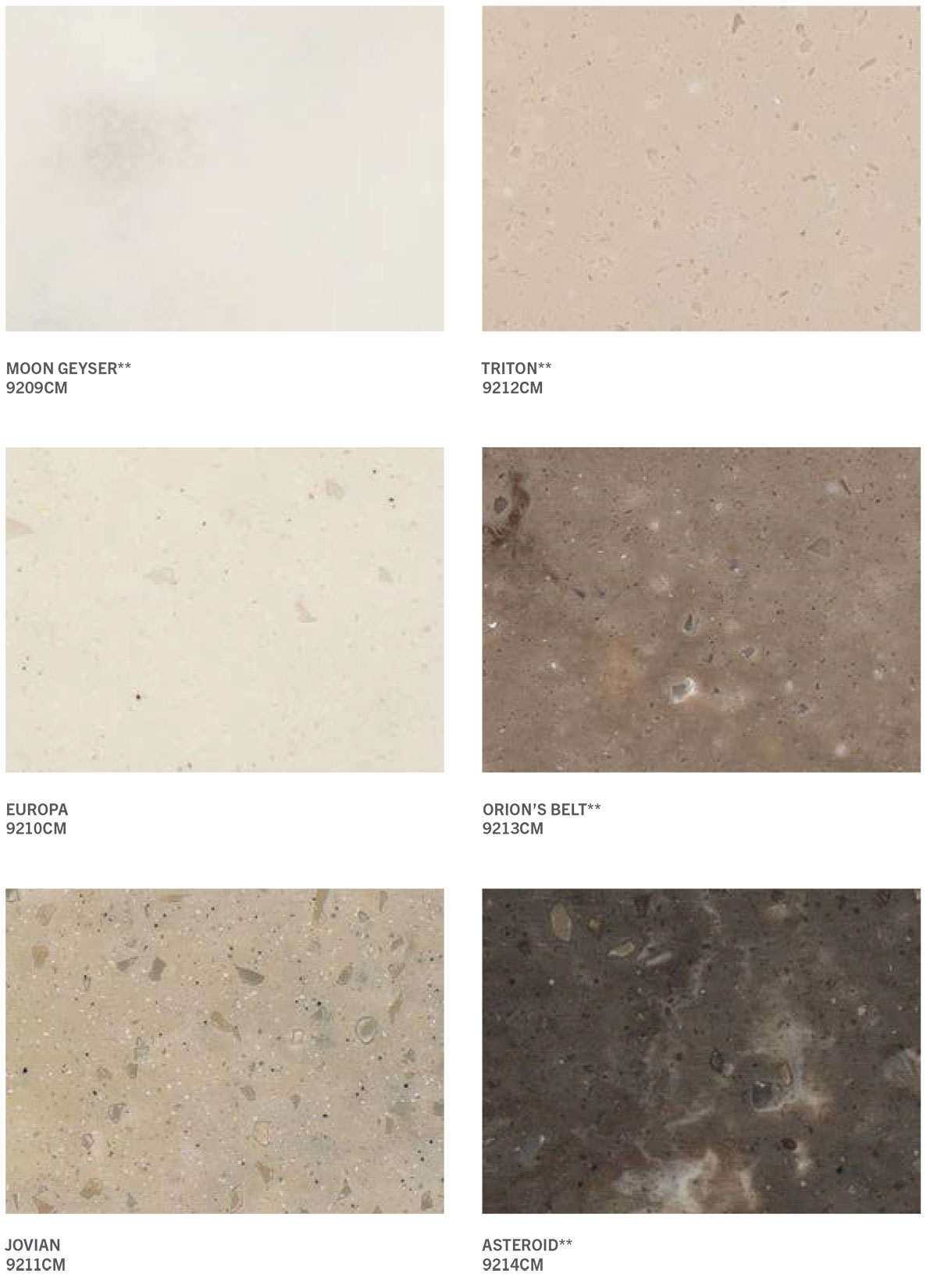

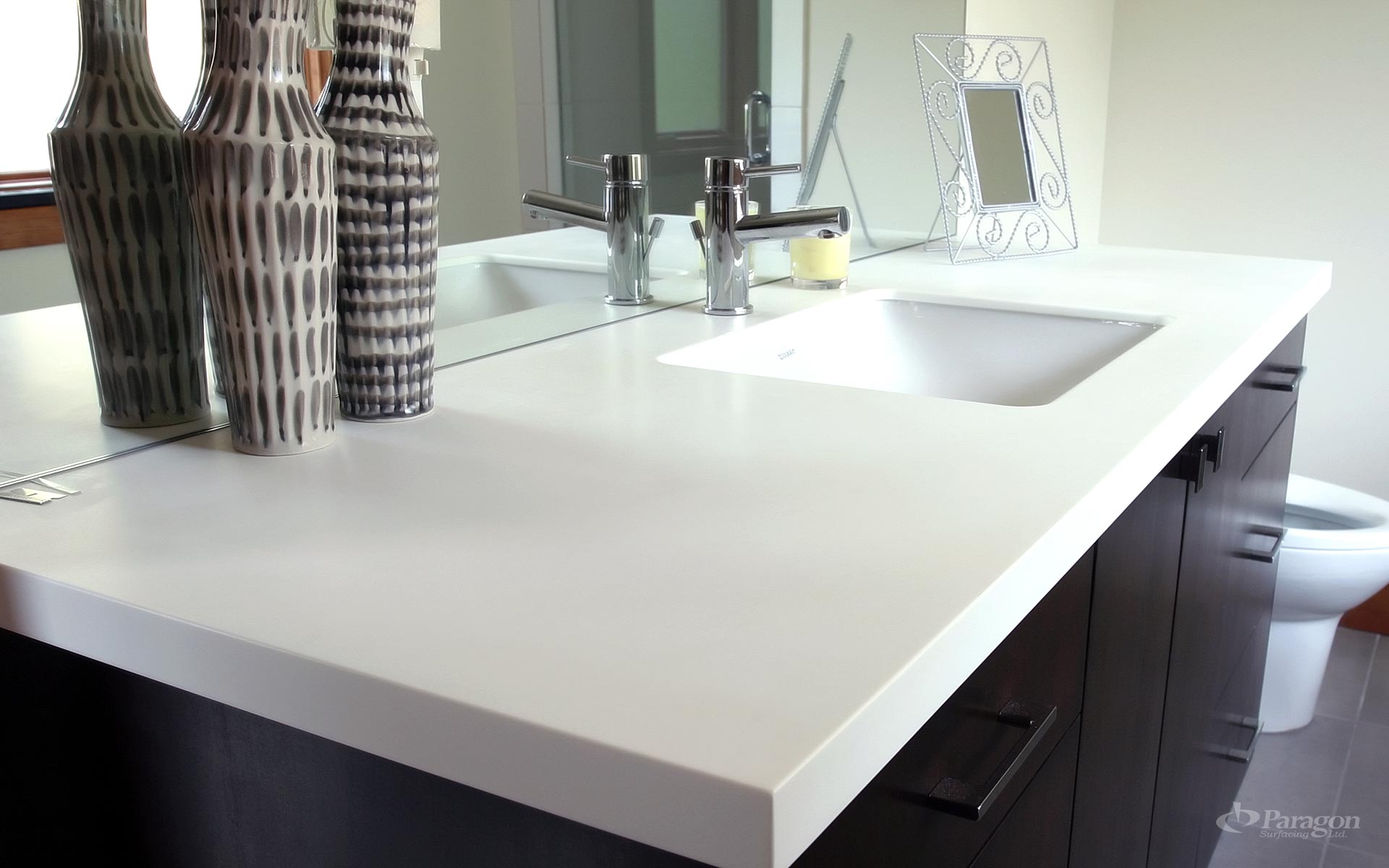
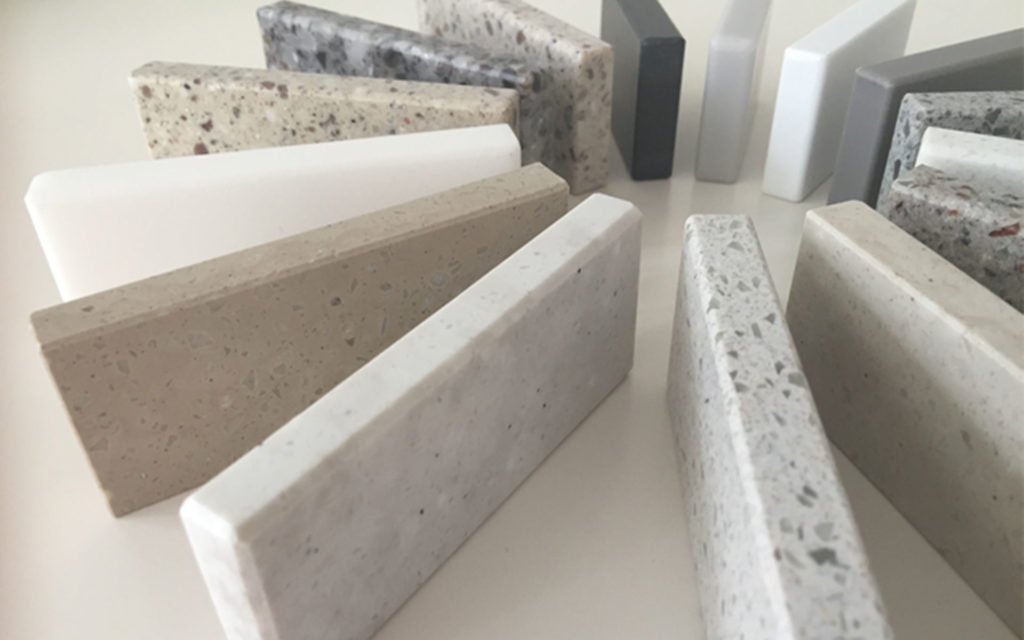


/Bathroomvanity-GettyImages-484490250-cdfaa72bc448469a8381b42080fa56ca.jpg)

